PM Modi reached Vienna from Moscow on Tuesday. His visit also comes in the backdrop of New Delhi and Vienna celebrating 75 years of diplomatic relations.
PM Modi is in Austria on a two-day visit (July 9 & 10), the first by an Indian prime minister in over four decades. He reached Vienna from Moscow on Tuesday. Modi’s visit also comes in the backdrop of New Delhi and Vienna celebrating 75 years of diplomatic relations.
When he reached Vienna, he was welcomed by Austrian Chancellor Karl Nehammer. Modi thanked him for a “warm welcome”. According to reports, the Chancellor said this visit—the first by an Indian PM in more than 40 years—was a special honour, the last being that by Indira Gandhi in 1983. He added that they would have the chance to discuss strengthening the two nations’ bilateral relationship and working together on various geopolitical challenges.
PM Modi said it was an honour to visit Austria on this historic occasion and that he looked forward to their talks on deepening ties between the two countries and exploring new areas of cooperation. Later, Modi interacted with members of the Indian community and attended a private event hosted by Nehammer.
On Sunday, before his trip to Austria, Modi had emphasised that the shared values of democracy, freedom and the rule of law were the foundations on which the two nations would strengthen their partnership. Modi is set to meet the President of Austria, Alexander Van der Bellen, and hold discussions with Nehammer on Wednesday (July 10).
What’s on Modi’s agenda during this trip? Who will he meet and why is his visit to Austria important?
STRENGTHENING THE PARTNERSHIP
India and Austria are set to strengthen their relationship further. Foreign Secretary Vinay Kwatra had told the press that this visit would expand the partnership and address important regional and global issues of mutual interest. He said this visit would allow the two countries to discuss key areas of bilateral ties and address important issues of regional and global.
Kwatra had said Austria, a key country in Central Europe, offered excellent opportunities for cooperation in such areas as infrastructure, renewable energy, high technology, start-ups and media and entertainment. He had reminded the press that Austria was home to such major organizations as the International Atomic Energy Agency, United Nations Industrial Development Organization, United Nations Office on Drugs and Crime and the Organization for Security and Cooperation in Europe.
Modi’s visit also follows the launch of the India-Austria ‘Startup Bridge’ in February 2024. The bridge aims to increase collaboration and knowledge sharing between startups in both countries. It was already showing positive results, Kwatra said. India and Austria have also signed a comprehensive agreement on migration and mobility.
HISTORICAL TIES AND KEY VISITS
Austria recognized India’s independence in 1947 and the two countries established diplomatic relations in 1949. In 1955, Prime Minister Jawaharlal Nehru visited Austria.
On Tuesday, the Congress highlighted Nehru’s significant role in establishing a sovereign and neutral Austria in the 1950s. Congress general secretary Jairam Ramesh was quoted by First Post as saying that Dr Hans Köchler, a noted Austrian academic, had written about Nehru’s key role in Austria’s emergence as a sovereign and neutral nation after the World War II occupation.
In 1980, Austrian Chancellor Bruno Kreisky visited India, followed by Austrian Chancellor Fred Sinowatz’s visit in 1984, close on the heels of Indira Gandhi’s visit to Austria in 1983. While no Indian prime minister has visited Austria since Gandhi, there have been several visits at the presidential level.
President KR Narayanan visited Austria in 1999, President Heinz Fischer in 2005, Austrian Vice-Chancellor Josef Pröll in 2010 and President Pratibha Patil in 2011, as detailed on the MEA website. According to the website, India and Austria have regularly witnessed exchange visits, including those by leaders, ministers and parliamentarians.
External Affairs Minister S Jaishankar visited Austria from December 31, 2022, to January 3, 2023. During his visit, he met Austrian Federal President Alexander Van der Bellen, Chancellor Karl Nehammer and President of the National Council Wolfgang Sobotka. He also held delegation-level talks with Austrian Foreign Minister Alexander Schallenberg, resulting in the signing of five agreements, as noted in the June 2023 bilateral relations profile.
During Austrian Foreign Minister Schallenberg’s visit to India in 2022, the ministers discussed the “entire gamut of bilateral relations, including political, economic, commercial and consular ties.” The Financial Express highlights that India and Austria have had cultural exchanges dating back to the 16th Century. The MEA website notes that “the visits of India’s philosopher-poet and Nobel laureate Rabindranath Tagore to Vienna in 1921 and 1926 were crucial bridges of cultural and intellectual exchange between India and Austria.”
GROWING BILATERAL TRADE
According to ETV Bharat, bilateral trade between India and Austria has been gradually increasing. The Financial Express reports that this trade reached $2.93 billion in 2023. India exports electronics, textiles, apparel, footwear and chemicals to Austria, while Austria sends machinery, automotive parts and chemicals to India.
INDIAN COMMUNITY & CULTURAL HERITAGE IN AUSTRIA
Austria is famous for its rich cultural and architectural heritage, with Vienna particularly known for its orchestral music and legendary composers. According to the MEA, about 31,000 Indians, mainly from Kerala and Punjab, live in Austria. The Indian community consists largely of professionals, especially in the healthcare sector and multilateral UN organizations, as well as businessmen and self-employed individuals. They are almost evenly split between non-resident Indians (NRIs) and persons of Indian origin (PIOs). Additionally, over 500 Indian students are pursuing higher education in Austria, according to the MEA.
STRENGTHENING ECONOMIC TIES
Key Developments in 2023 & Beyond
In 2023, India attracted a total of 733 million euros in direct investment. Conversely, investments from India to Austria reached approximately 1.159 billion euros in the same year. To enhance innovation and entrepreneurship between the two nations, the India-Austria ‘Startup Bridge’ was inaugurated in February 2024. There are over 200 partnerships between Indian and Austrian firms, encompassing 100 technical collaborations and 60 joint ventures, primarily in such sectors as steel, manufacturing technology, railways, transport and metallurgy.
Numerous bilateral agreements (MoUs) have been signed at both government and institutional levels, establishing a framework for extensive cooperation. These agreements cover such areas as avoidance of double taxation, infrastructure development, railways, health, science and technology, agriculture, shipping and ports and Ayurveda, among others.
AUSTRIA’S SATELLITE MILESTONE
Austria’s inaugural satellites, TUGSAT-1 and UniBRITE-1, were successfully launched by the Indian Space Research Organisation (ISRO) using the PSLV-C20 rocket from the Satish Dhawan Space Centre in Sriharikota on February 25, 2013.
AUSTRIA’S TECHNOLOGICAL EDGE
Austria excels in several key technology sectors, including biotechnology, pharmaceuticals and medical equipment. The country is a leader in innovative mobility, contributing significantly as a manufacturer and supplier of vehicle technologies and pioneering advancements in rail and aviation. Austria also boasts a top-tier ecosystem for microelectronics and is home to leading green tech companies, excelling in such areas as waste management, recycling, industrial production and the circular economy.
The Indian Navy was testing the rotary unmanned aerial system (UAS) from Austrian company Schiebel, specifically their well-known Camcopter S-100, prior to Modi’s Austria visit. This UAS will be used for intelligence, surveillance and reconnaissance (ISR) in the Indian Ocean Region.
Austria is also at the forefront of Deep Tech advancements, particularly in artificial intelligence (AI), cybersecurity and quantum technology. Advanced manufacturing represents another area of collaboration. Many Austrian industrial companies are global leaders, such as Andritz AG (industrial plants and equipment), Voestalpine AG (steel, automotive and railway systems), Rosenbauer Group (fire-service vehicles), Miba AG (engine and industrial bearings), Lenzing AG (viscose fibers) and Doppelmayr Group (ropeways and people movers).
(The author of this article is a Defence, Aerospace & Political Analyst based in Bengaluru. He is also Director of ADD Engineering Components, India, Pvt. Ltd, a subsidiary of ADD Engineering GmbH, Germany. You can reach him at: girishlinganna@gmail.com)
(Disclaimer: The views expressed above are the author's own and do not reflect those of DNA)
![submenu-img]() Meet man who took loan to buy a truck, now owns 5700 vehicles, his business is worth...
Meet man who took loan to buy a truck, now owns 5700 vehicles, his business is worth...![submenu-img]() Darshan to be shifted to Bellary jail after photos of him receiving 'VIP treatment' in Bengaluru jail go viral
Darshan to be shifted to Bellary jail after photos of him receiving 'VIP treatment' in Bengaluru jail go viral![submenu-img]() Jay Shah becomes new ICC chairman, set to assume role on…
Jay Shah becomes new ICC chairman, set to assume role on…![submenu-img]() Gangs of Wasseypur films to re-release in theatres; here's how to watch Anurag Kashyap's cult classic
Gangs of Wasseypur films to re-release in theatres; here's how to watch Anurag Kashyap's cult classic![submenu-img]() Days after Sebi ban, Anil Ambani-led firms' shares hit lower circuit limits, investors continue to...
Days after Sebi ban, Anil Ambani-led firms' shares hit lower circuit limits, investors continue to...![submenu-img]() Champai Soren के BJP में शामिल होने से बाबूलाल मरांडी नाखुश, पार्टी की बढ़ेंगी मुश्किलें?
Champai Soren के BJP में शामिल होने से बाबूलाल मरांडी नाखुश, पार्टी की बढ़ेंगी मुश्किलें?![submenu-img]() राज्यसभा चुनाव से पहले ही BJP ने मारी बाजी, 12 में से 9 कैंडिडेट निर्विरोध जीते
राज्यसभा चुनाव से पहले ही BJP ने मारी बाजी, 12 में से 9 कैंडिडेट निर्विरोध जीते![submenu-img]() ICC Chairman: Jay Shah बने ICC के नए चेयरमैन, जल्द संभालेंगे कार्यभार; जानें कौन बन सकता है BCCI सचिव
ICC Chairman: Jay Shah बने ICC के नए चेयरमैन, जल्द संभालेंगे कार्यभार; जानें कौन बन सकता है BCCI सचिव![submenu-img]() घरों में घुसा पानी, सड़कें डूबी और उफनती नदियां... गुजरात में बारिश से हाहाकार, अबतक 15 की मौत
घरों में घुसा पानी, सड़कें डूबी और उफनती नदियां... गुजरात में बारिश से हाहाकार, अबतक 15 की मौत![submenu-img]() Kolkata Rape-Murder Case: कोलकाता पुलिस के ASI अनूप दत्ता का पॉलीग्राफ टेस्ट कराएगी CBI, कोर्ट से मांगी इजा��जत
Kolkata Rape-Murder Case: कोलकाता पुलिस के ASI अनूप दत्ता का पॉलीग्राफ टेस्ट कराएगी CBI, कोर्ट से मांगी इजा��जत![submenu-img]() Meet man, tailor's son who sold newspapers, then cracked UPSC by studying from borrowed notes, became IAS with AIR...
Meet man, tailor's son who sold newspapers, then cracked UPSC by studying from borrowed notes, became IAS with AIR...![submenu-img]() NCERT suggests new evaluation model for 12th board results, proposes...
NCERT suggests new evaluation model for 12th board results, proposes...![submenu-img]() Meet woman who cracked UPSC exam in first attempt at age of 23, got AIR 94 without coaching, she is now posted as…
Meet woman who cracked UPSC exam in first attempt at age of 23, got AIR 94 without coaching, she is now posted as…![submenu-img]() Meet man, who topped NEET PG 2024, son of engineer and teacher, he is from...
Meet man, who topped NEET PG 2024, son of engineer and teacher, he is from...![submenu-img]() Meet man who failed in class 10, built Rs 5499 crore company that partners with Rolls-Royce and Boeing, he is...
Meet man who failed in class 10, built Rs 5499 crore company that partners with Rolls-Royce and Boeing, he is...![submenu-img]() Tripura Floods: 12 Killed, Over 300 Rescued As Heavy Rains Causes Severe Flooding In Tripura
Tripura Floods: 12 Killed, Over 300 Rescued As Heavy Rains Causes Severe Flooding In Tripura![submenu-img]() Kolkata Doctor Murder: Are Indian Rape Laws Enough? Public Opinion On Stricter Measures
Kolkata Doctor Murder: Are Indian Rape Laws Enough? Public Opinion On Stricter Measures![submenu-img]() PM Modi In Poland: Calls For 'Restoration Of Peace' Amid Russia-Ukraine War | Warsaw
PM Modi In Poland: Calls For 'Restoration Of Peace' Amid Russia-Ukraine War | Warsaw![submenu-img]() Neeraj Chopra Bags Second Spot In Lausanne Diamond League 2024, Surpasses Paris Olympic Throw
Neeraj Chopra Bags Second Spot In Lausanne Diamond League 2024, Surpasses Paris Olympic Throw![submenu-img]() Surat Metro Construction Mishap: Crane Topples Onto Vacant Building, No Casualties Reported
Surat Metro Construction Mishap: Crane Topples Onto Vacant Building, No Casualties Reported![submenu-img]() Manu Bhaker wants to spend time with this Indian sportsperson and it's not Neeraj Chopra
Manu Bhaker wants to spend time with this Indian sportsperson and it's not Neeraj Chopra![submenu-img]() Neeraj Chopra's net worth before Olympics was Rs 25 cr, Arshad's net worth was Rs 80 lakh, their current net worth is...
Neeraj Chopra's net worth before Olympics was Rs 25 cr, Arshad's net worth was Rs 80 lakh, their current net worth is...![submenu-img]() Vinesh Phogat's net worth was just Rs 5 crore before Paris Olympics, her current net worth is Rs…
Vinesh Phogat's net worth was just Rs 5 crore before Paris Olympics, her current net worth is Rs…![submenu-img]() What is the price, length and weight of Neeraj Chopra and Olympic gold medalist Arshad Nadeem's javelin?
What is the price, length and weight of Neeraj Chopra and Olympic gold medalist Arshad Nadeem's javelin?![submenu-img]() Meet Archana Kamath Olympian who created history in Paris quits playing forever at 24 due to...
Meet Archana Kamath Olympian who created history in Paris quits playing forever at 24 due to...![submenu-img]() What does India buy from Pakistan?
What does India buy from Pakistan?![submenu-img]() Meet Salman Khan's heroine, who fell in love with 3 married men, rejected film with Aamir; later quit industry for...
Meet Salman Khan's heroine, who fell in love with 3 married men, rejected film with Aamir; later quit industry for...![submenu-img]() This star worked as laboratory assistant, became actor by chance, his wedding was called off; later emerged as India's..
This star worked as laboratory assistant, became actor by chance, his wedding was called off; later emerged as India's..![submenu-img]() What is type 1.5 diabetes? Here's all you need to know
What is type 1.5 diabetes? Here's all you need to know ![submenu-img]() Meet actress who worked with SRK, Salman, Aamir, was bigger star than Kajol, Karisma, Juhi, career got ruined after..
Meet actress who worked with SRK, Salman, Aamir, was bigger star than Kajol, Karisma, Juhi, career got ruined after..![submenu-img]() Himachal Pradesh weather update: Landslides, heavy rain cause havoc, 126 roads shut, IMD issues yellow alert till....
Himachal Pradesh weather update: Landslides, heavy rain cause havoc, 126 roads shut, IMD issues yellow alert till....![submenu-img]() Kolkata-Bangkok Highway: Check estimated completion, route, distance and more
Kolkata-Bangkok Highway: Check estimated completion, route, distance and more![submenu-img]() J-K Assembly Polls: BJP releases third list of 29 candidates for phase 2, 3; check here
J-K Assembly Polls: BJP releases third list of 29 candidates for phase 2, 3; check here![submenu-img]() PM Modi speaks to President Putin, says exchanged perspectives on Russia-Ukraine conflict
PM Modi speaks to President Putin, says exchanged perspectives on Russia-Ukraine conflict![submenu-img]() Delhi excise policy case: SC grants bail to BRS leader K Kavitha in both ED and CBI cases
Delhi excise policy case: SC grants bail to BRS leader K Kavitha in both ED and CBI cases ![submenu-img]() Malayalam cinema's sexual abuse scandal explained: How sexual assault of star in 2017 led to Mollywood's #MeToo moment
Malayalam cinema's sexual abuse scandal explained: How sexual assault of star in 2017 led to Mollywood's #MeToo moment![submenu-img]() Jammu and Kashmir Assembly elections: What is delimitation that paved the road for these Elections?
Jammu and Kashmir Assembly elections: What is delimitation that paved the road for these Elections?![submenu-img]() Wings of Refuge: Rafales escort Hasina to safety
Wings of Refuge: Rafales escort Hasina to safety![submenu-img]() Bangladesh in a crisis: A coup, protests and a fleeing Prime Minister
Bangladesh in a crisis: A coup, protests and a fleeing Prime Minister![submenu-img]() DNA Explainer: What is Waqf Board Act and why does Modi government want to amend it?
DNA Explainer: What is Waqf Board Act and why does Modi government want to amend it?
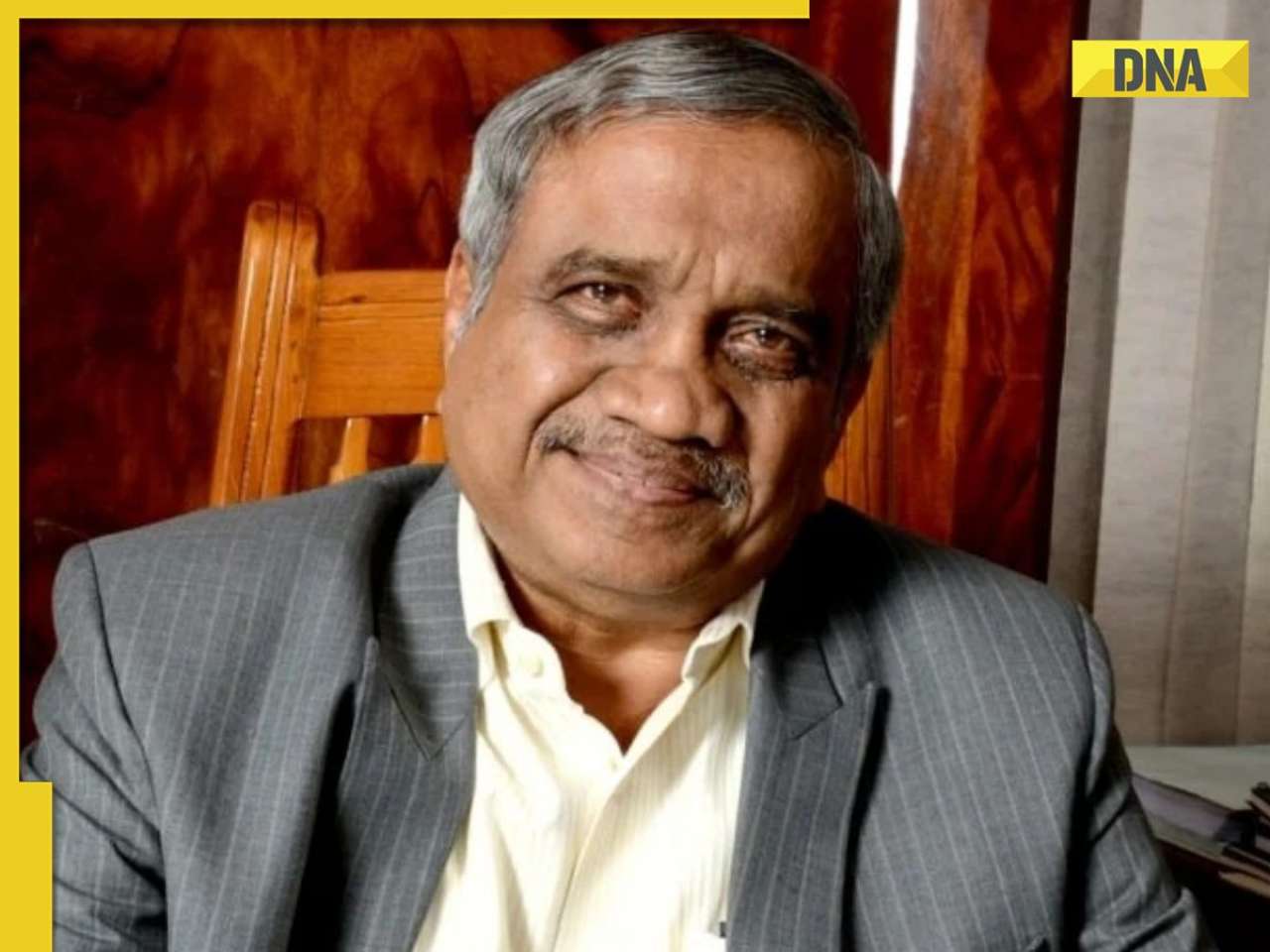
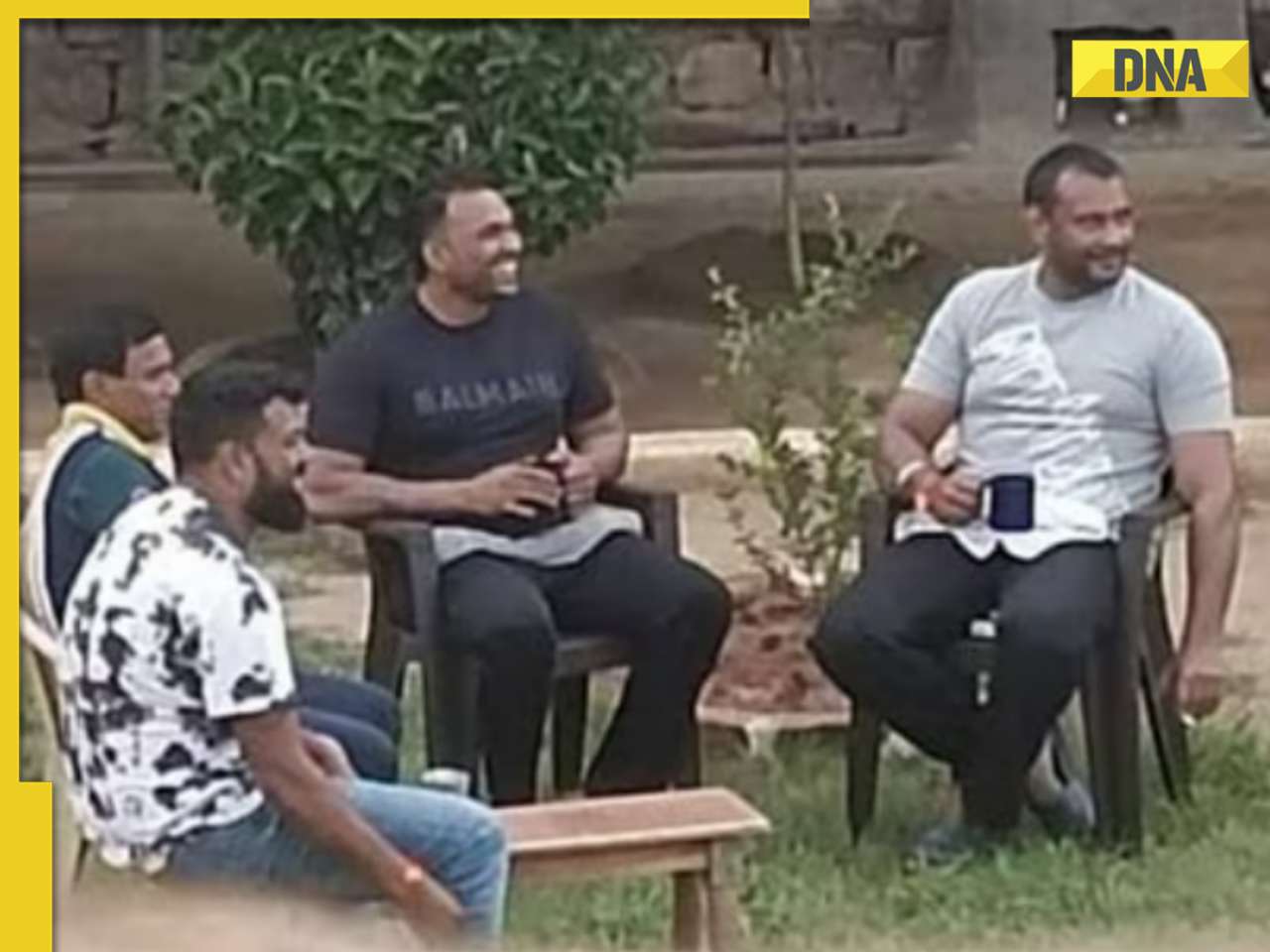
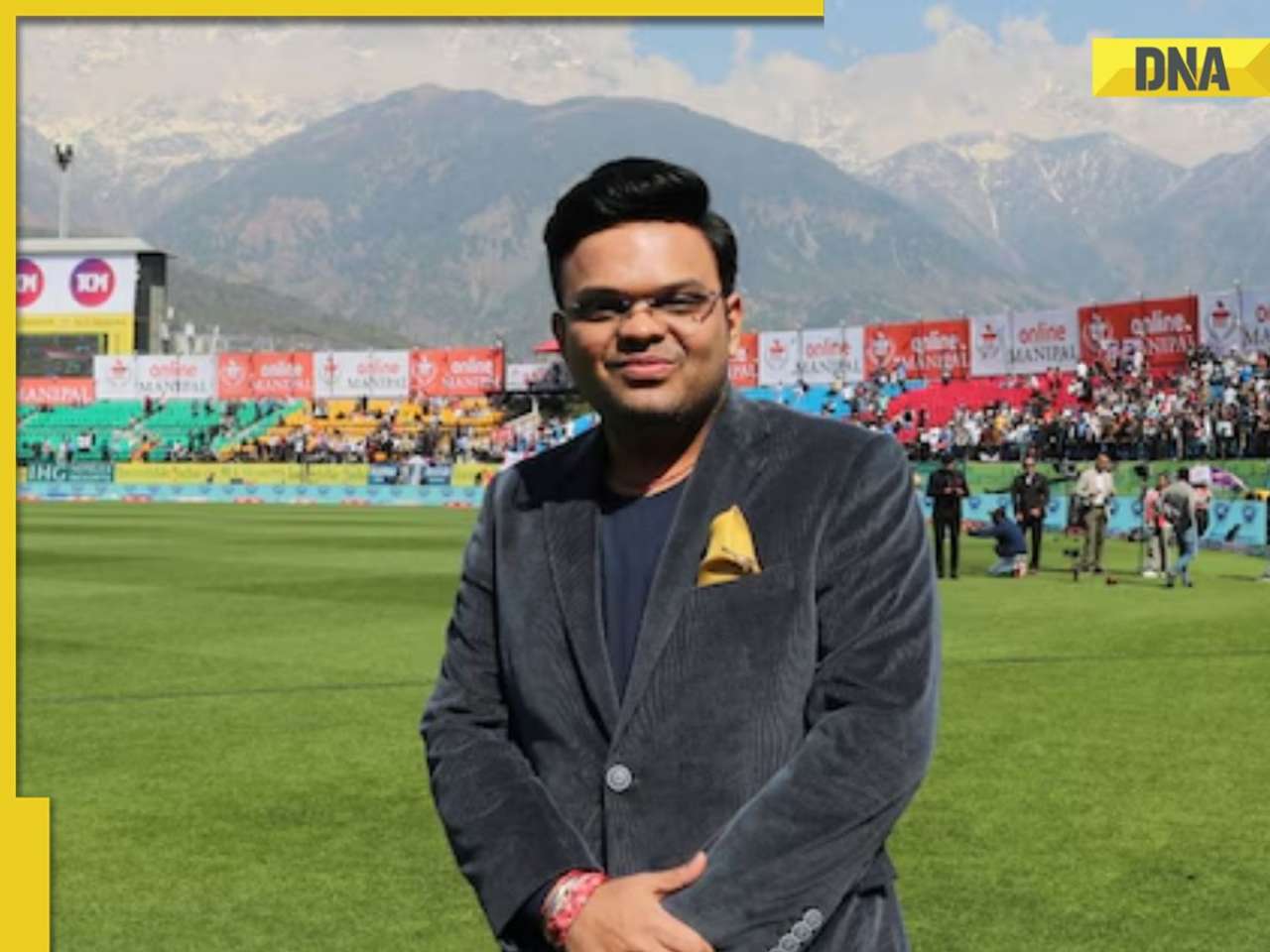
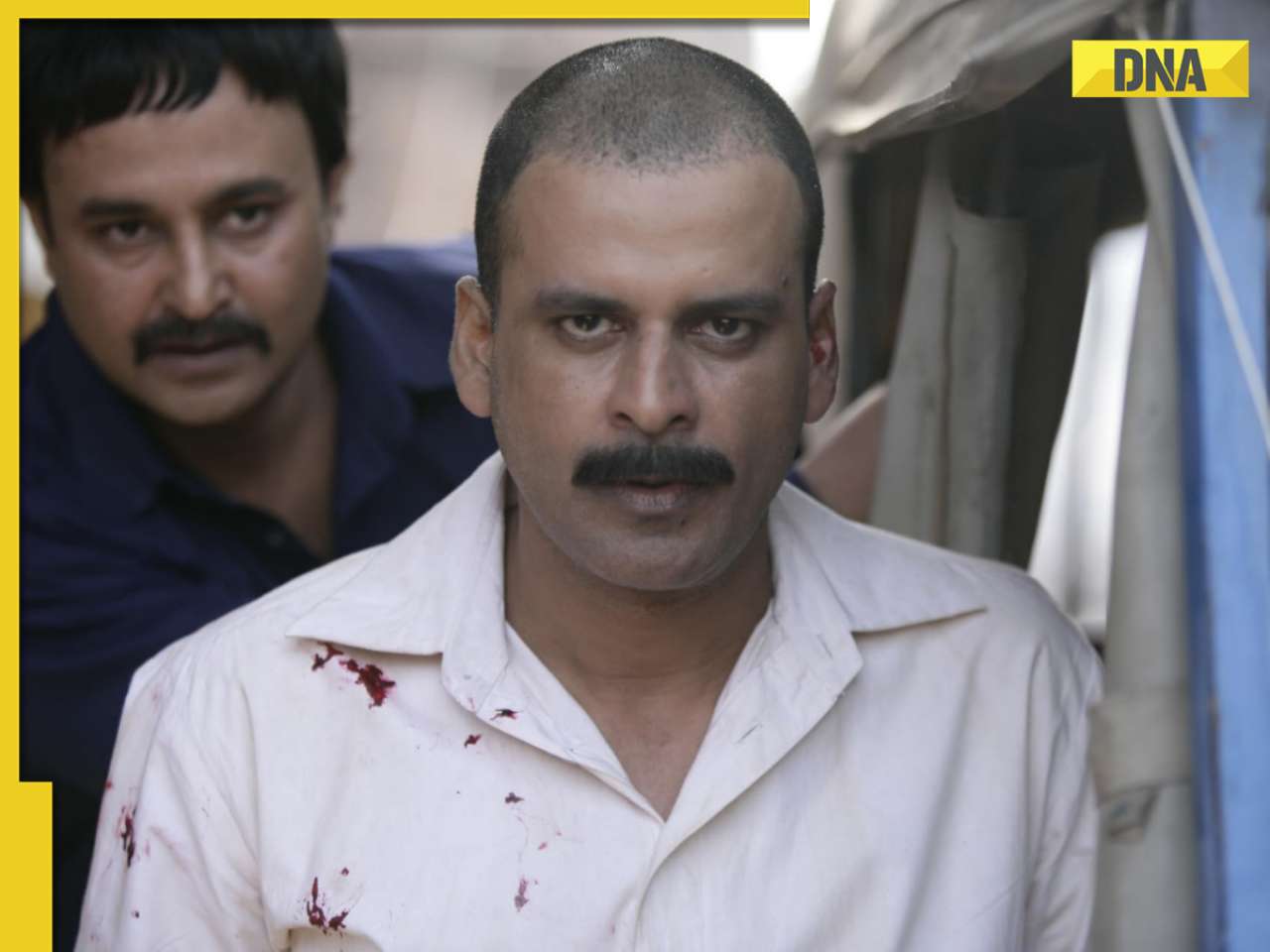
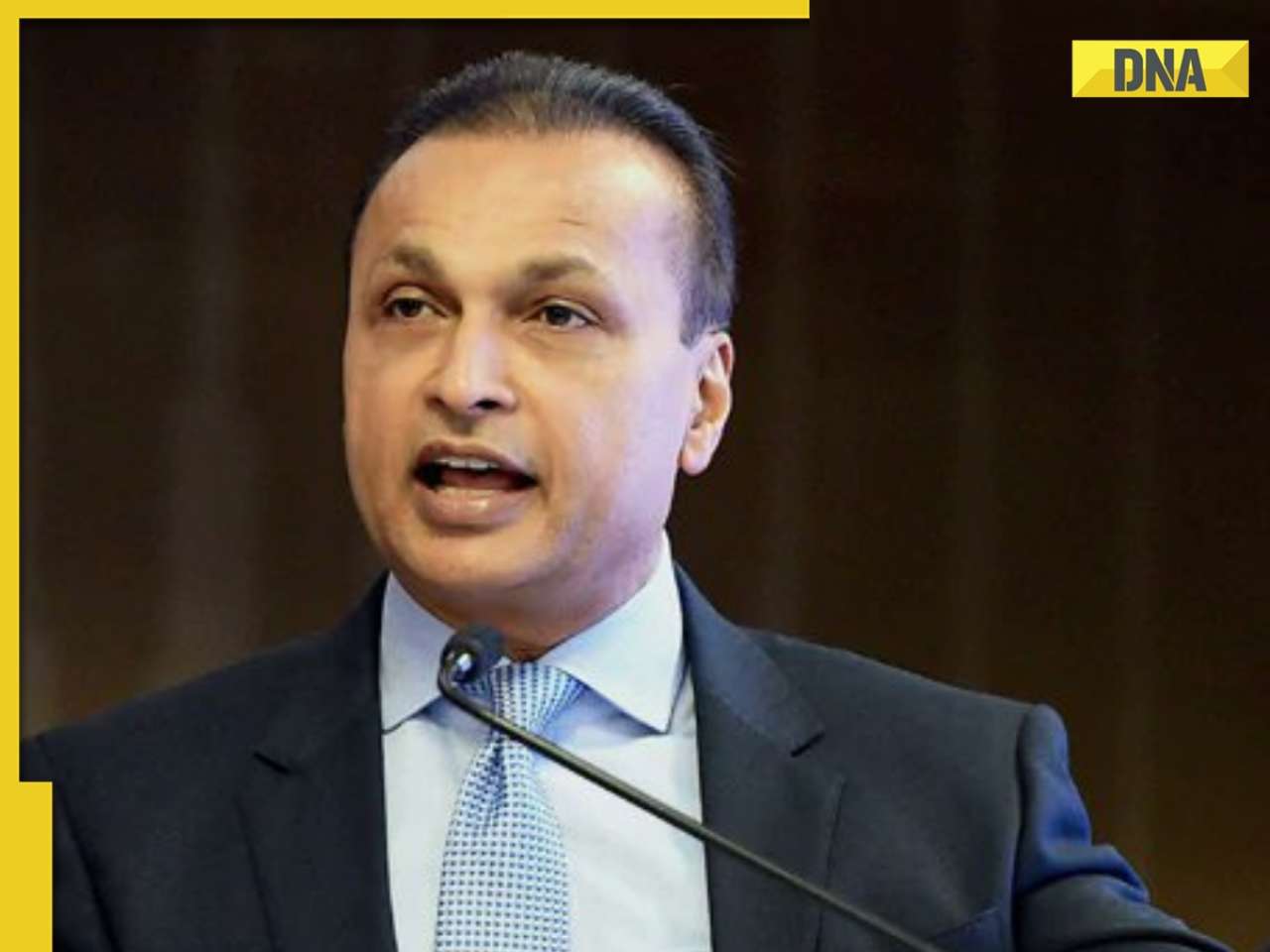

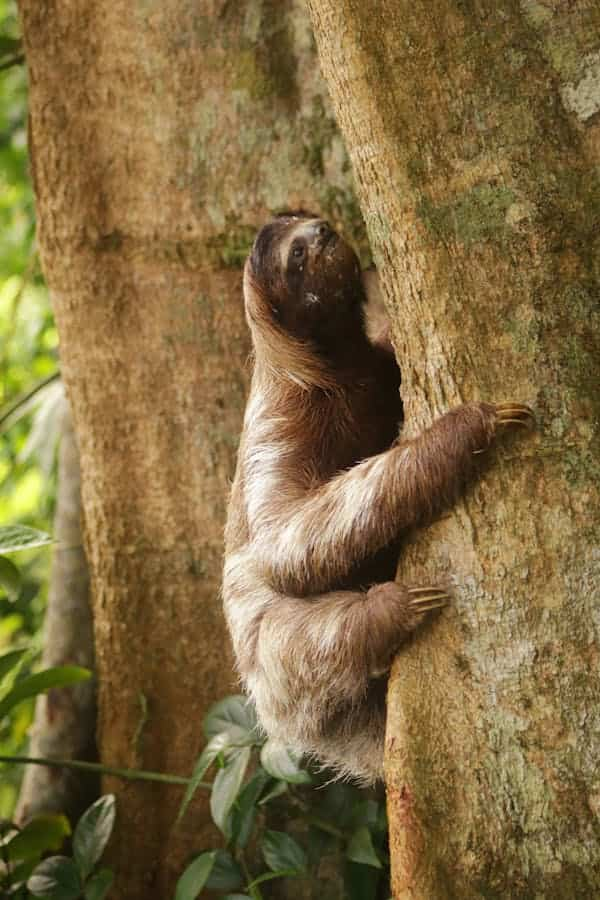


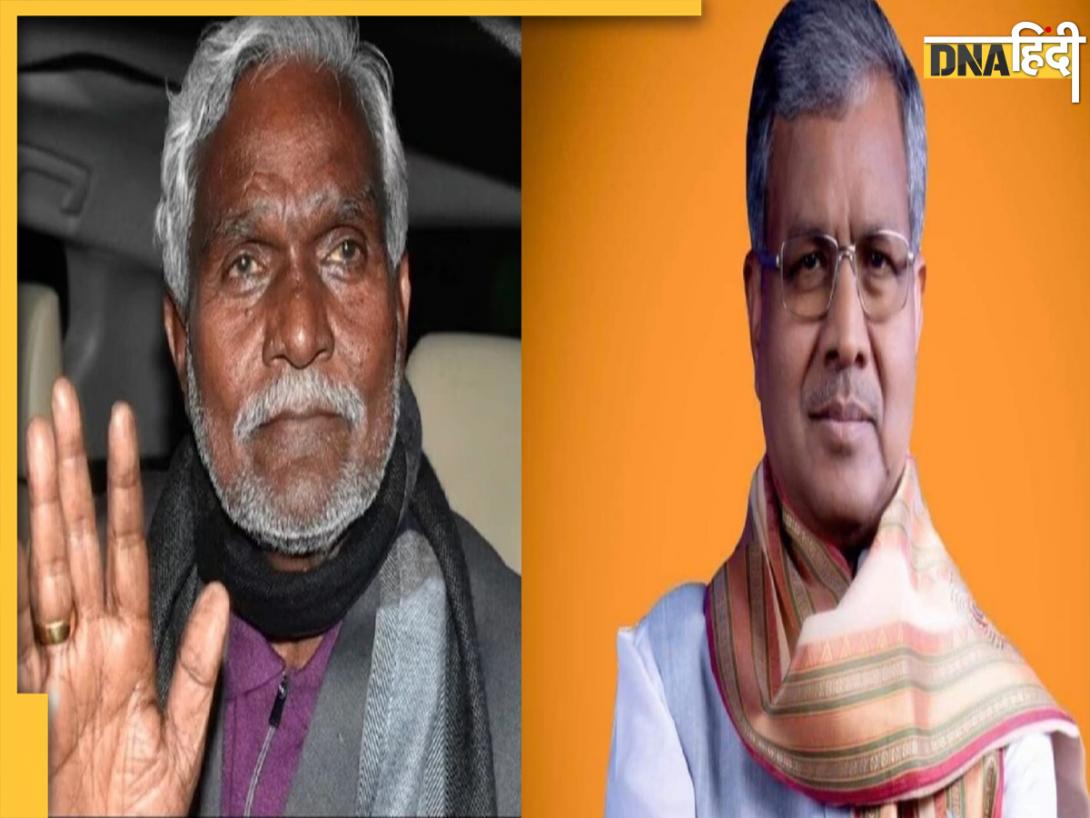
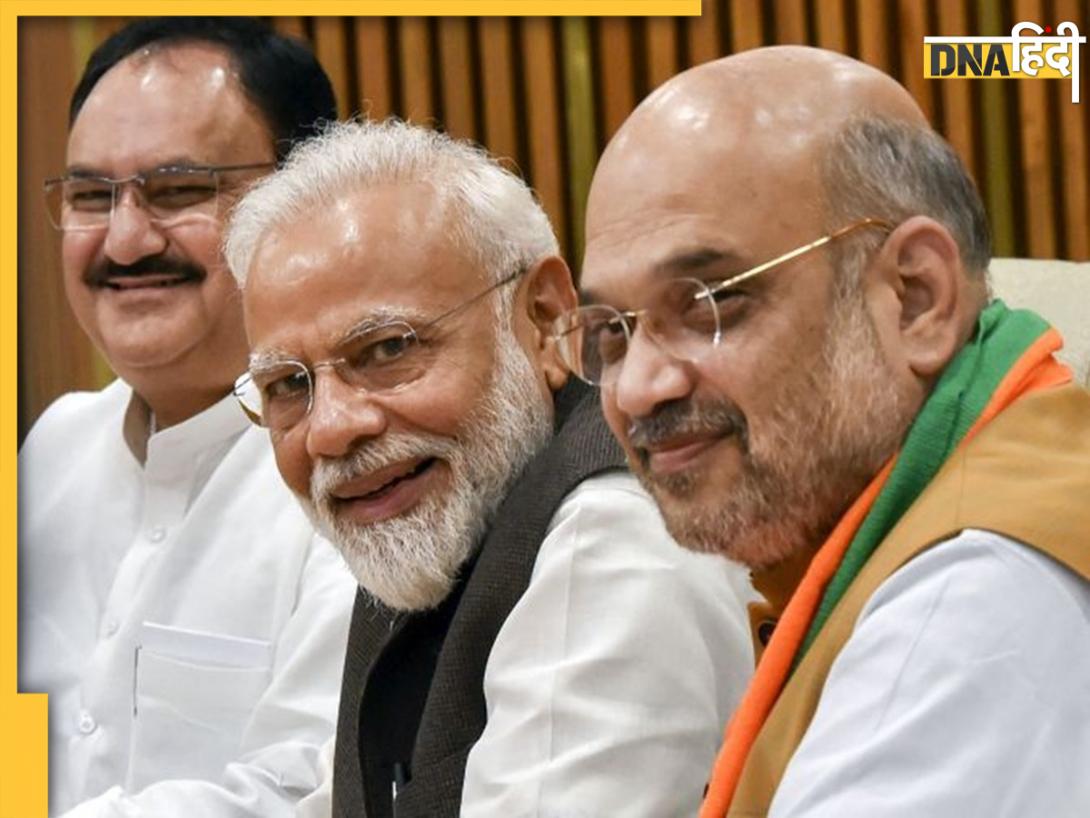

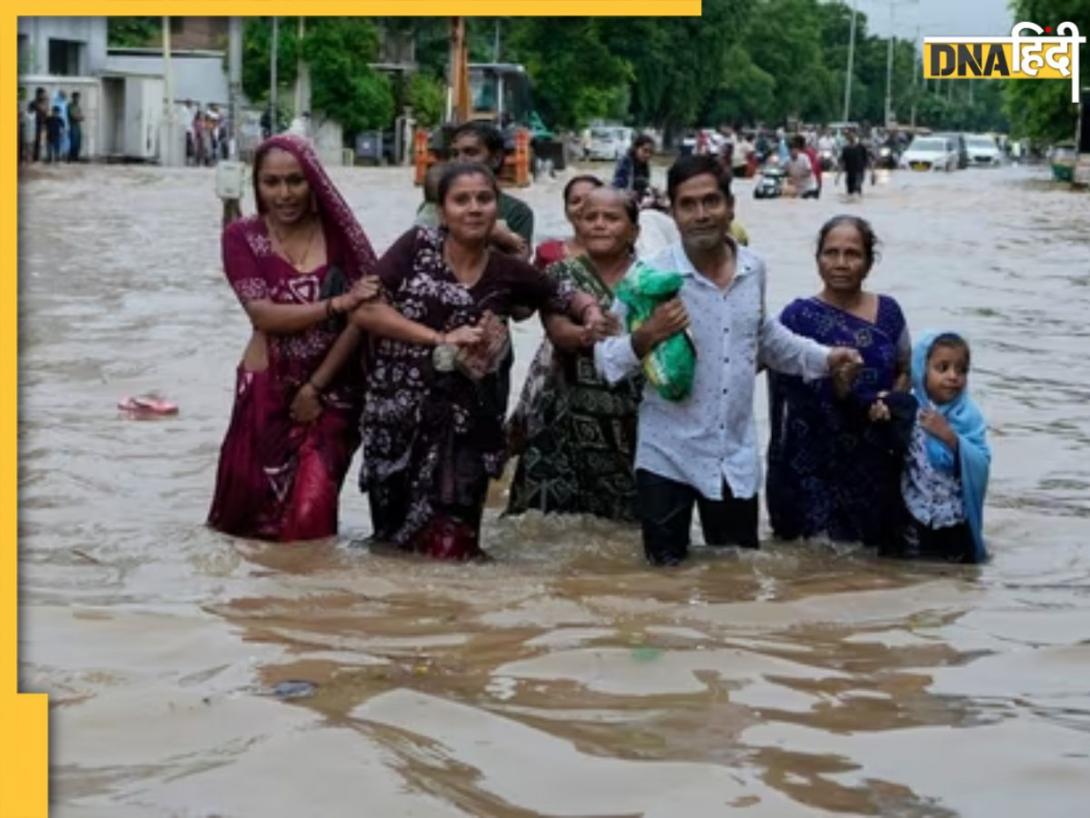

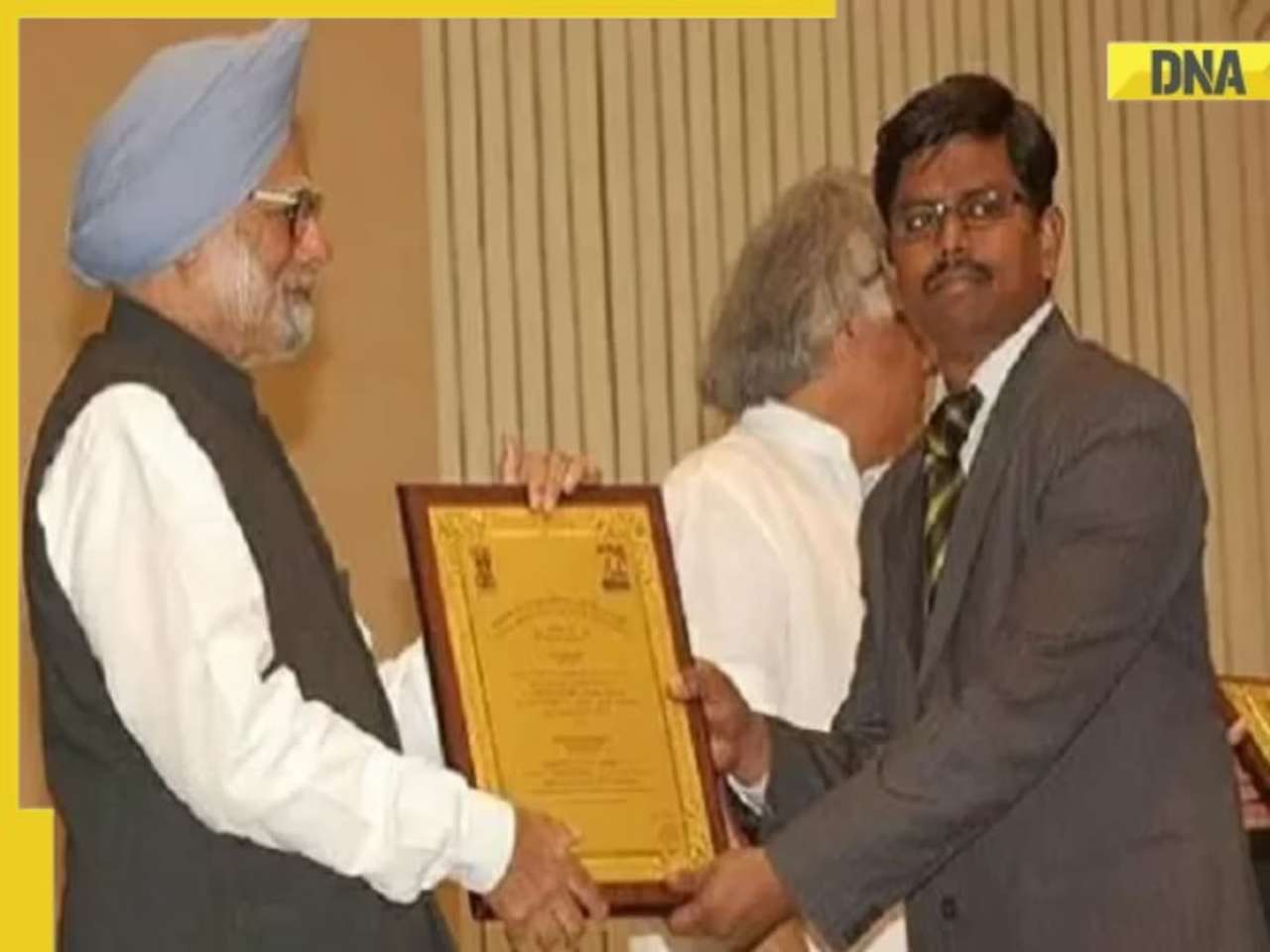
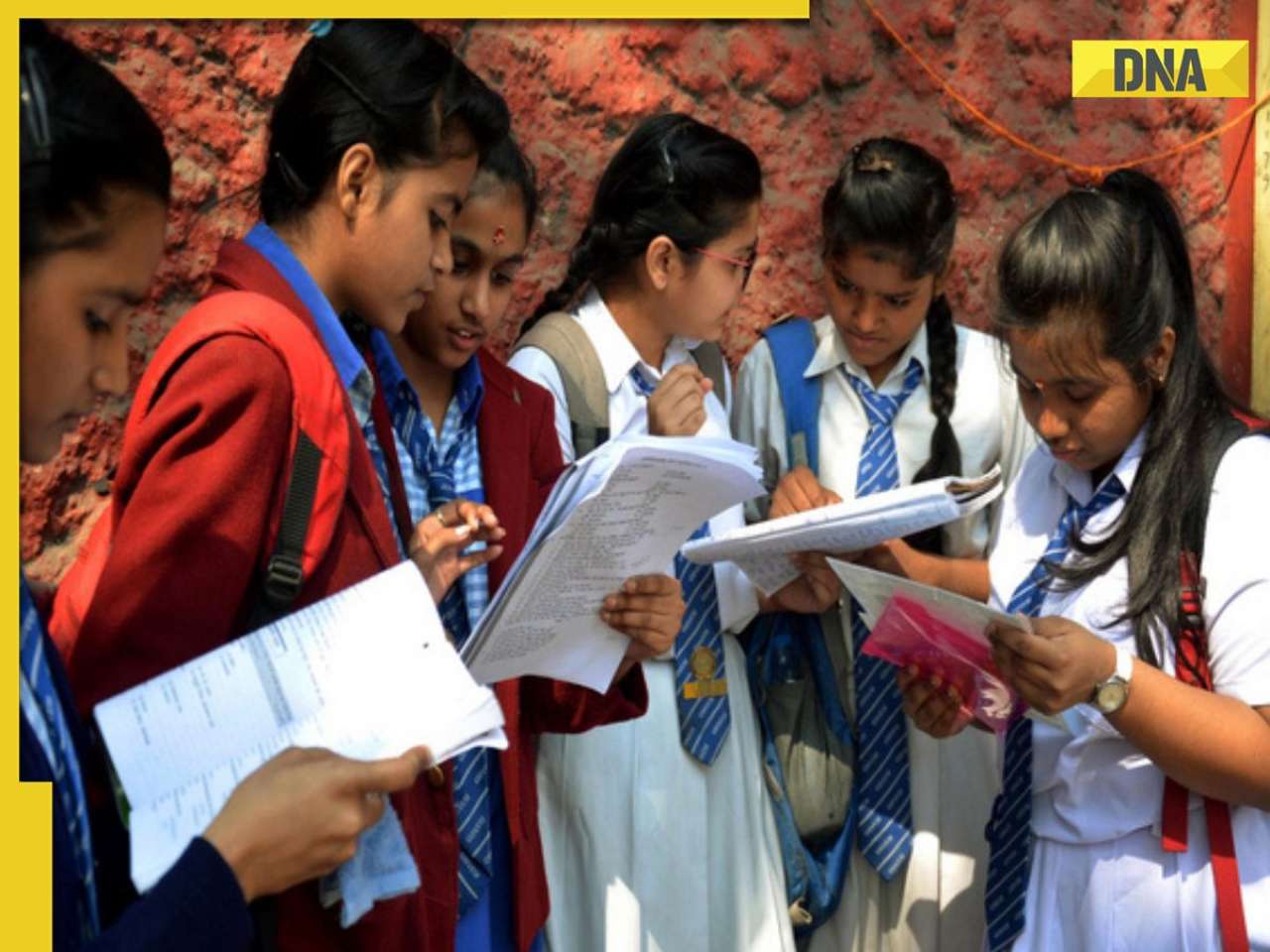

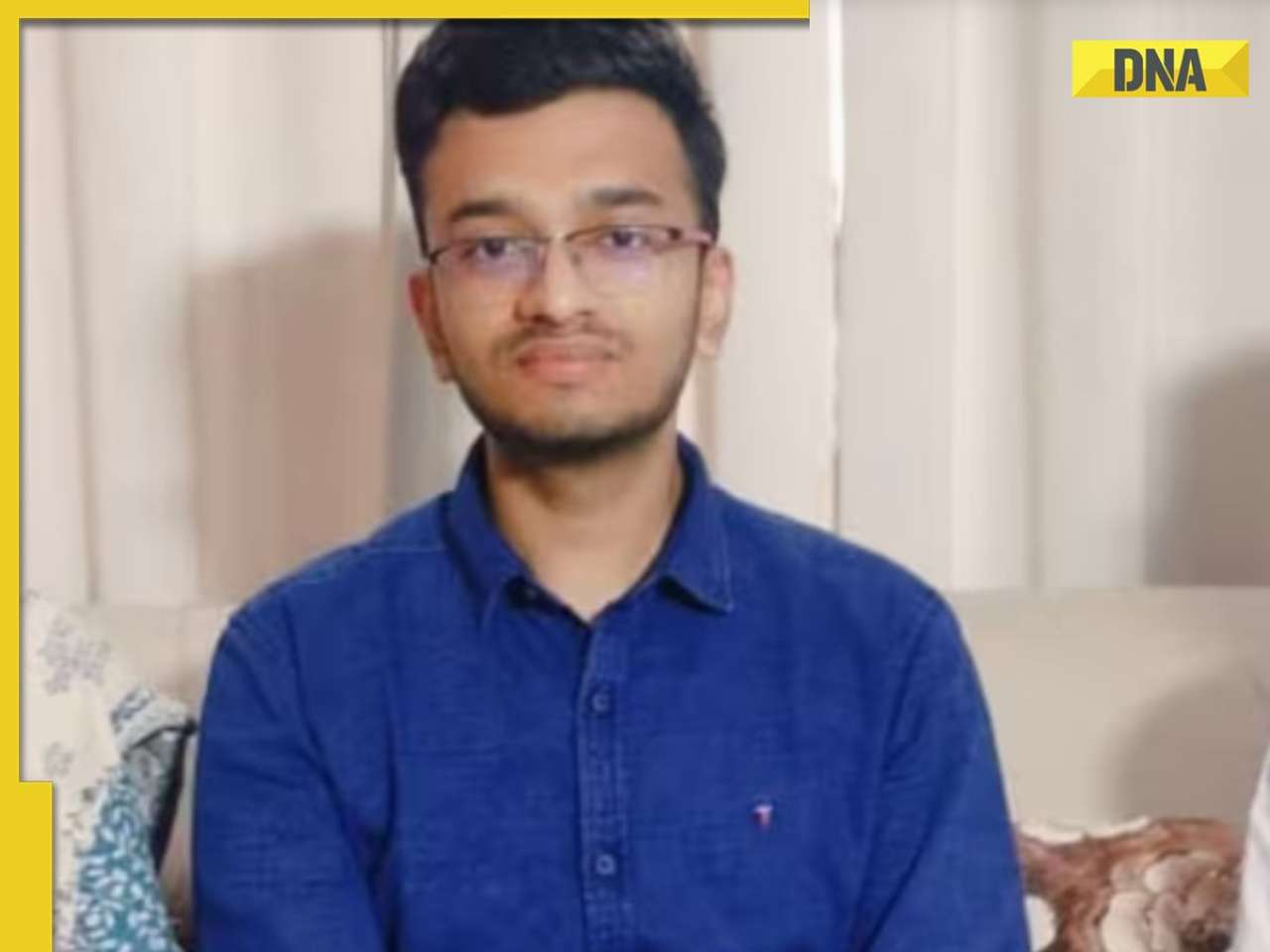
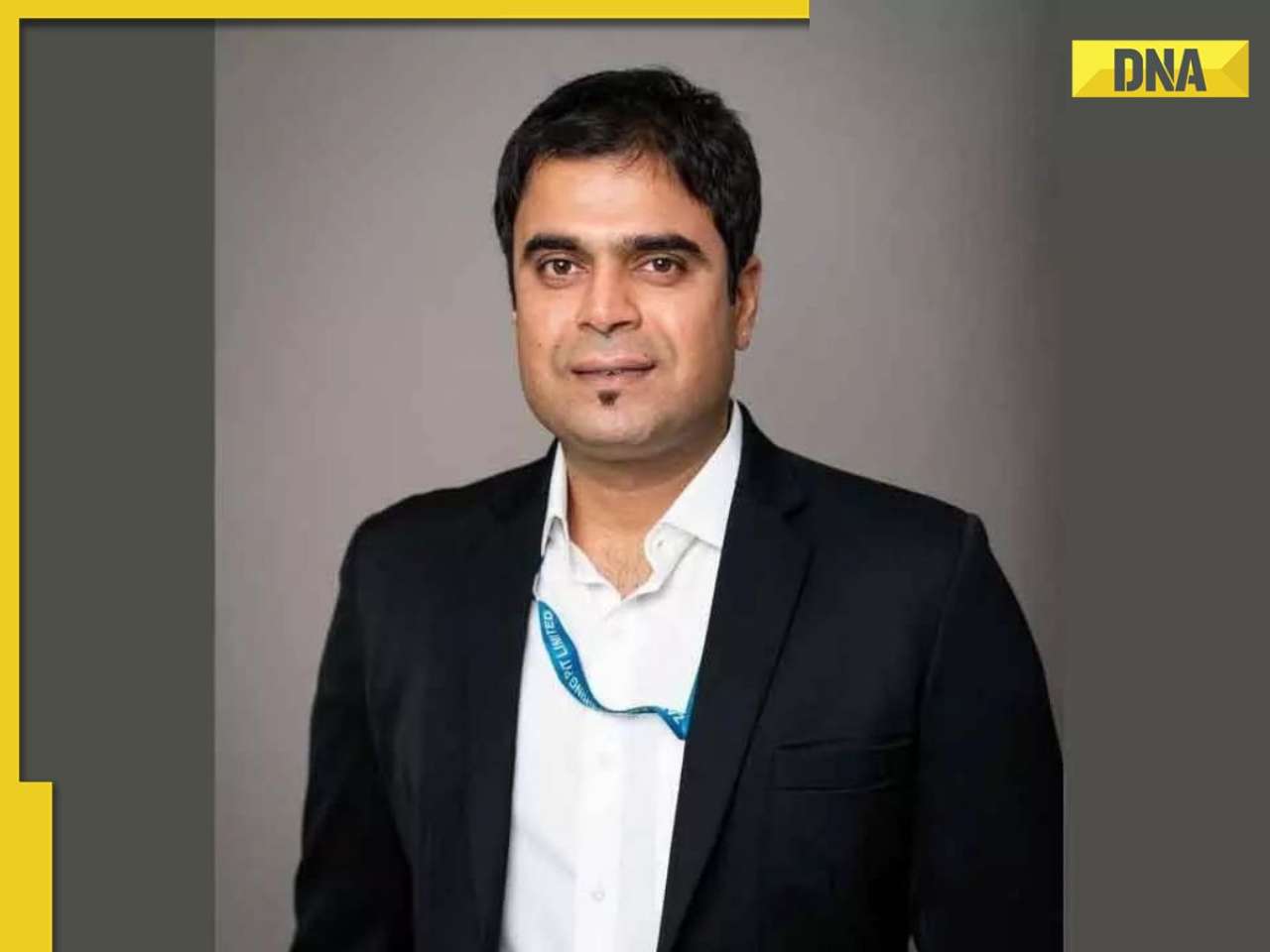
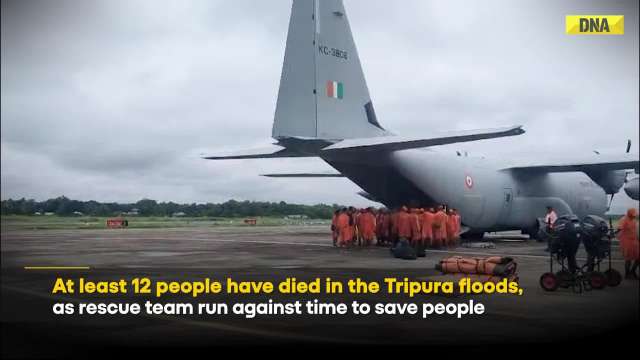
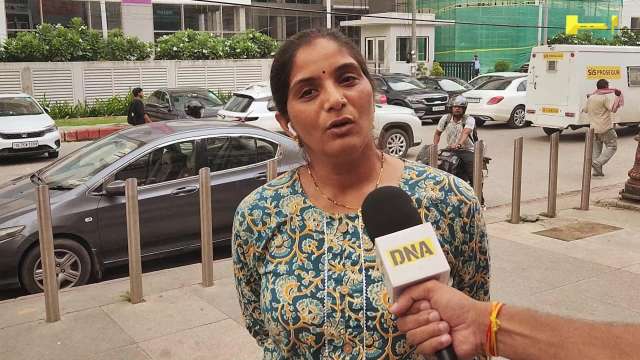
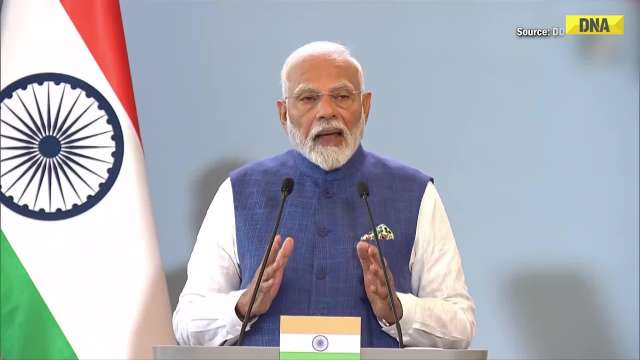
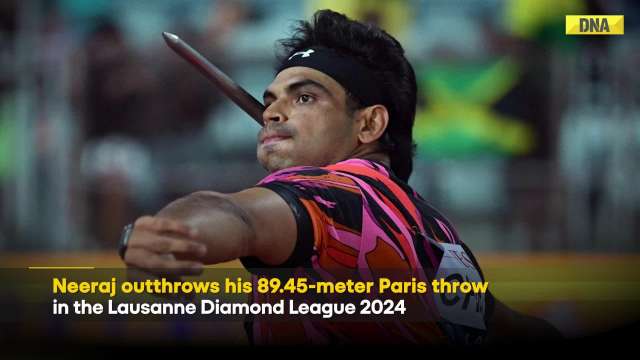
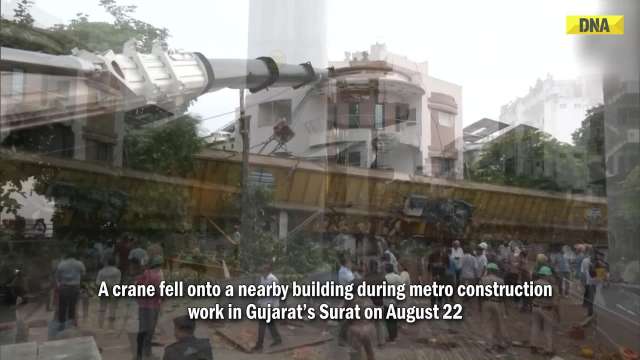
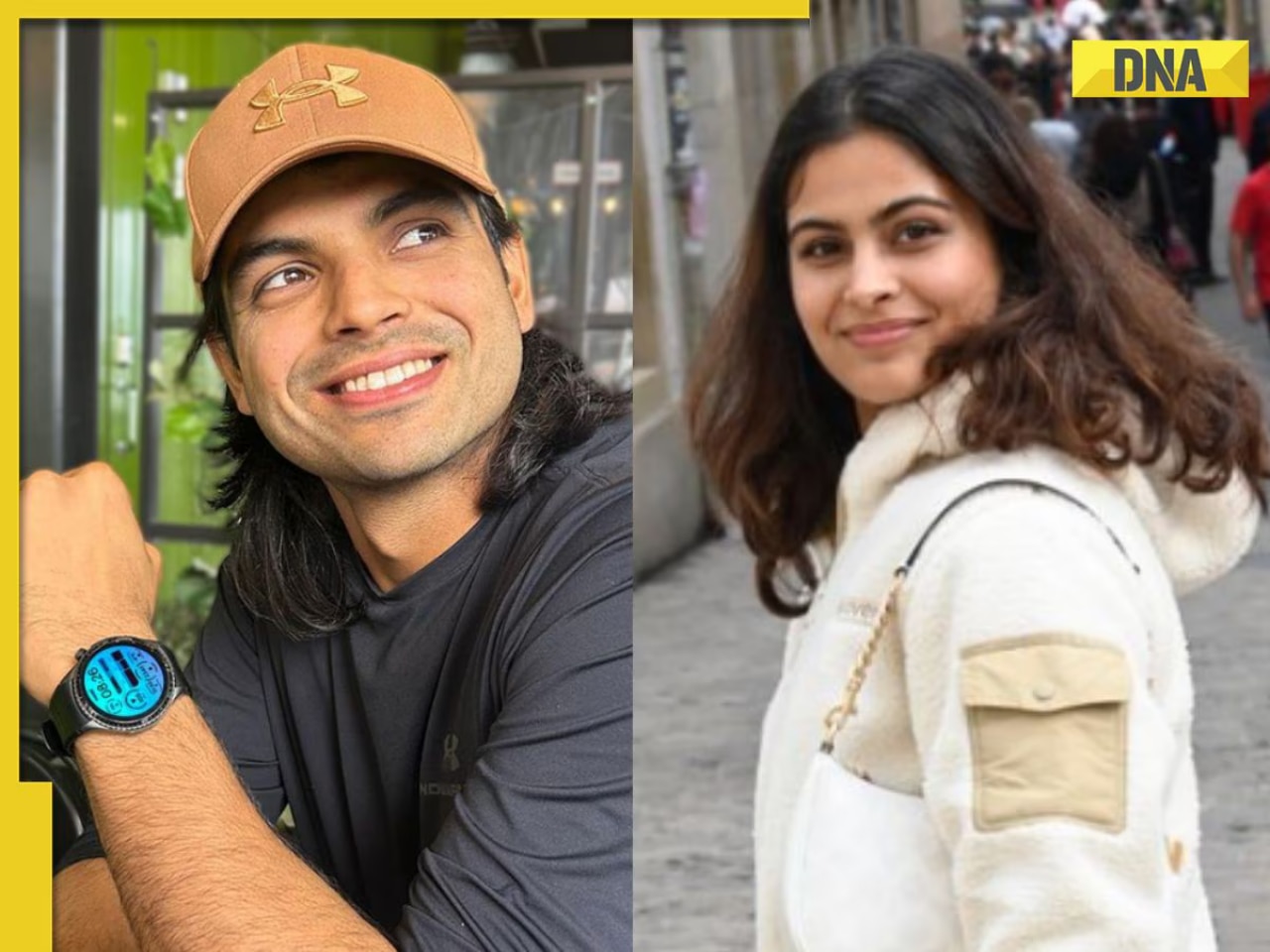
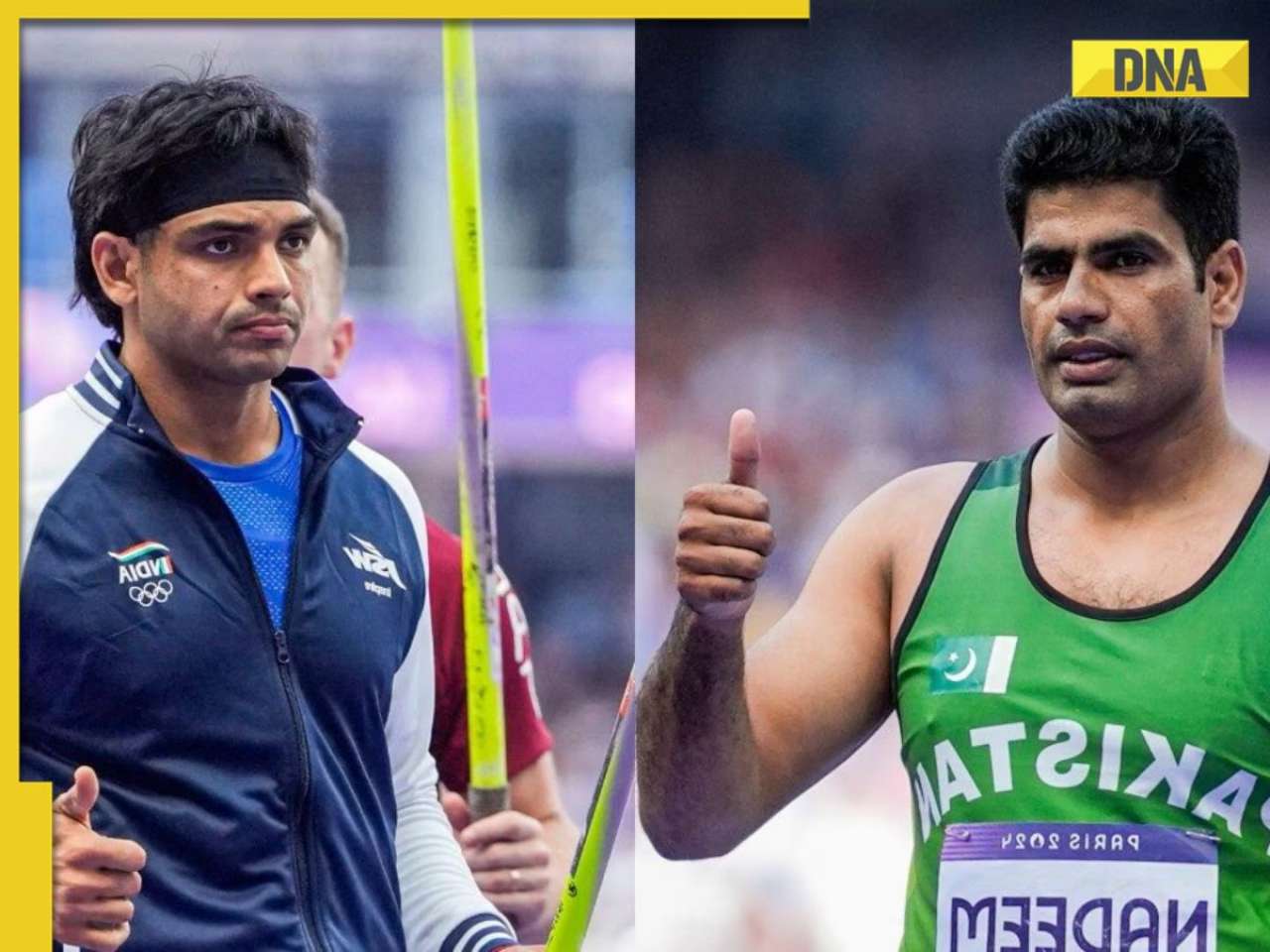
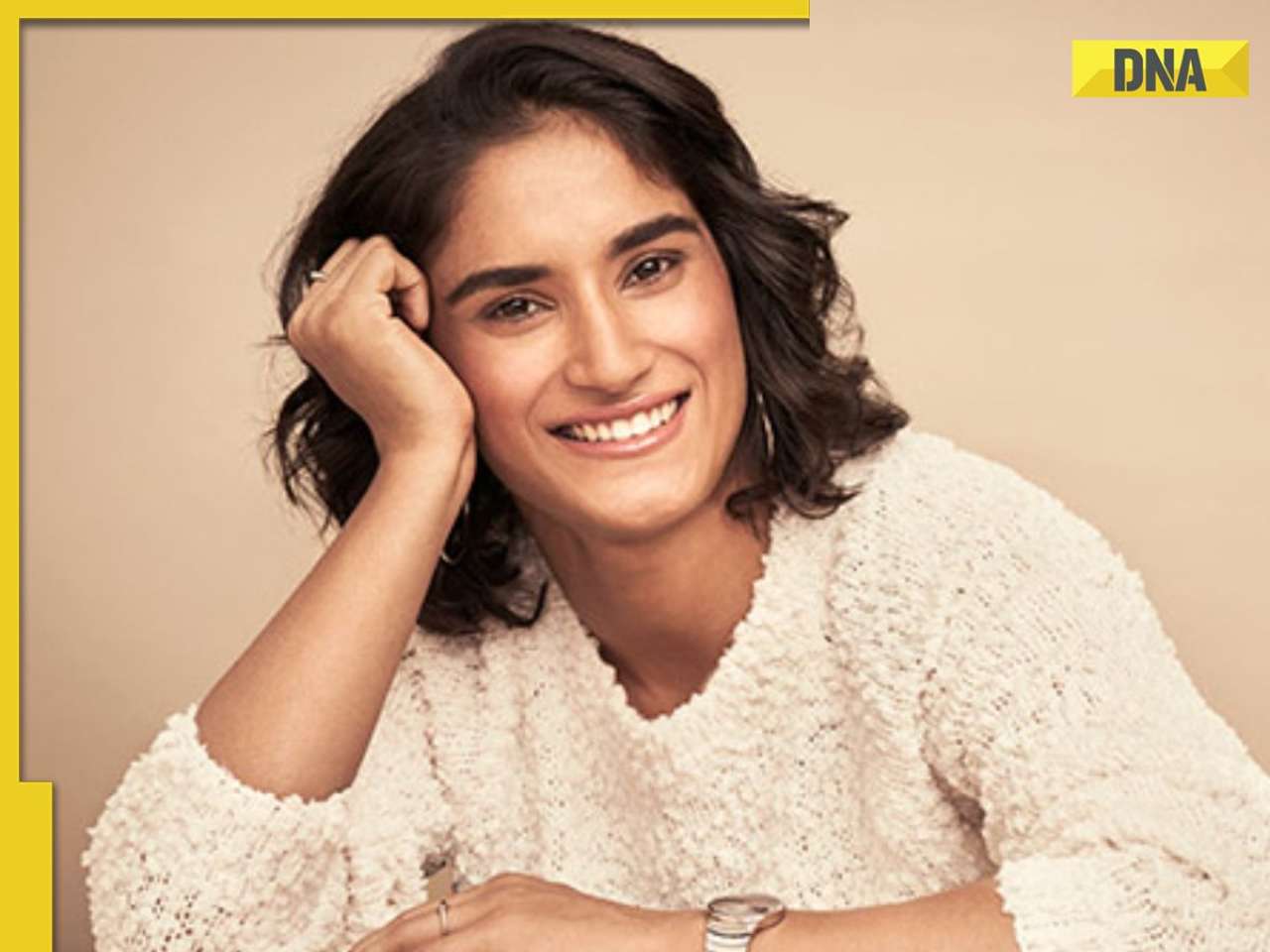
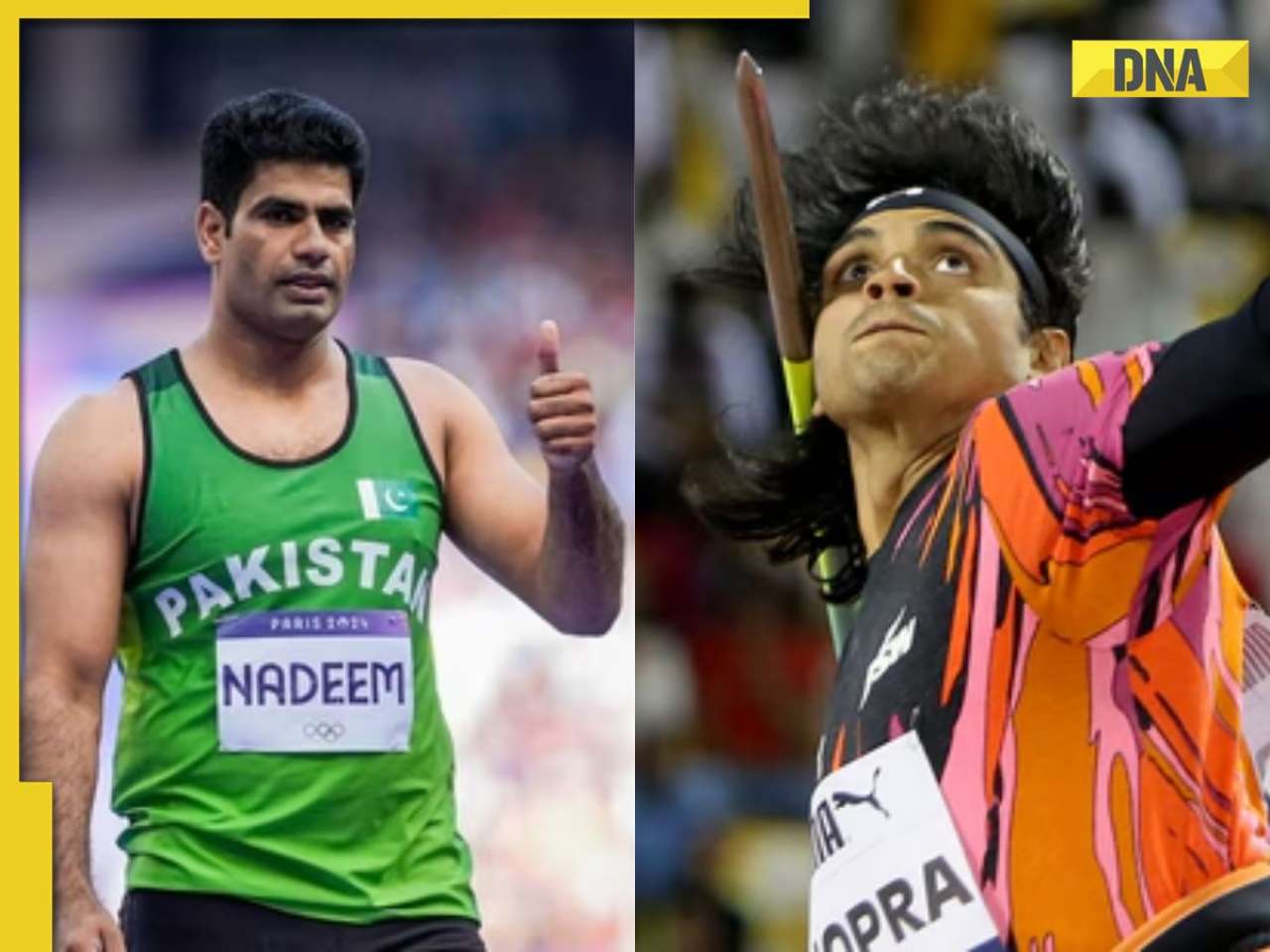
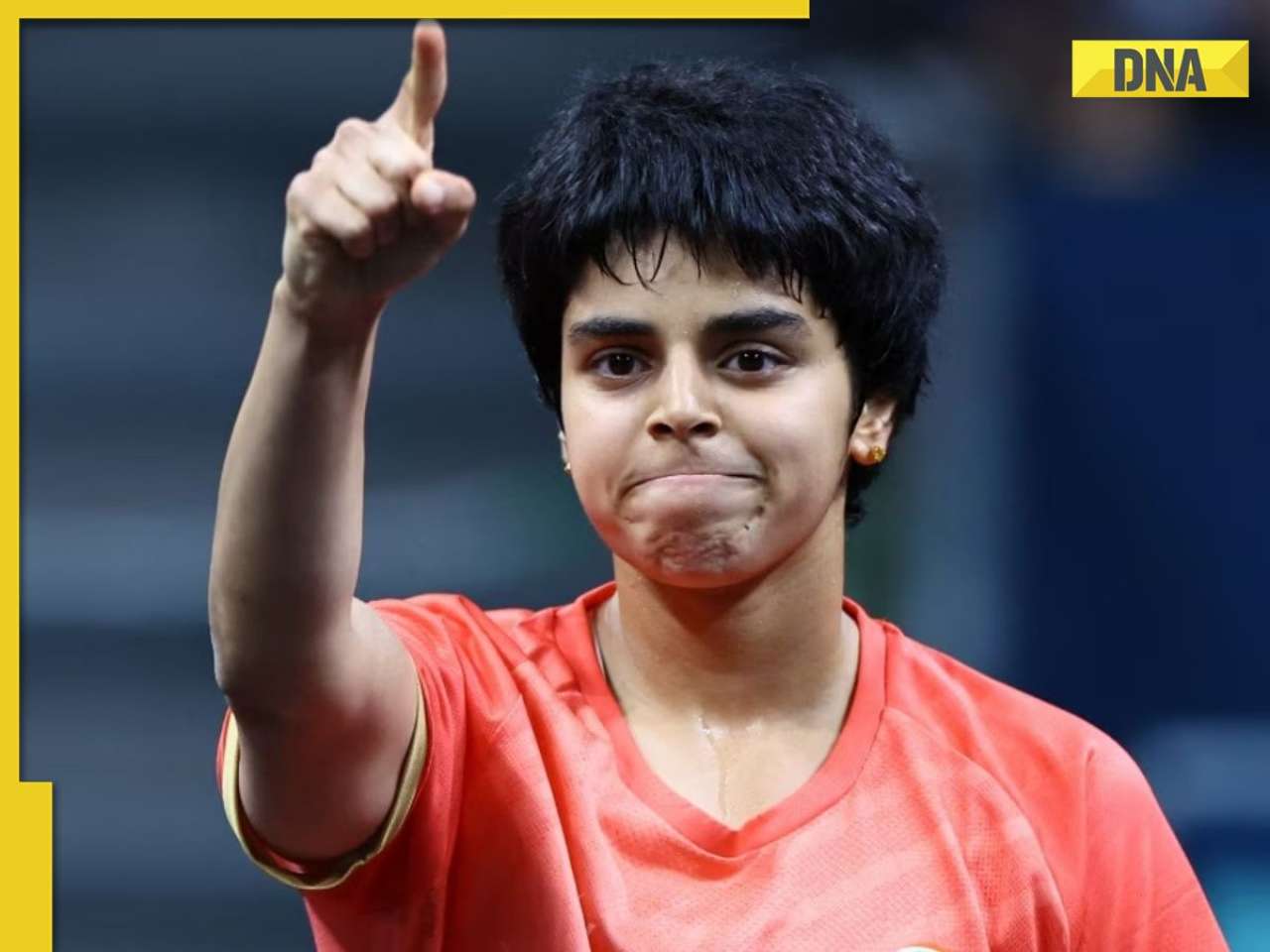





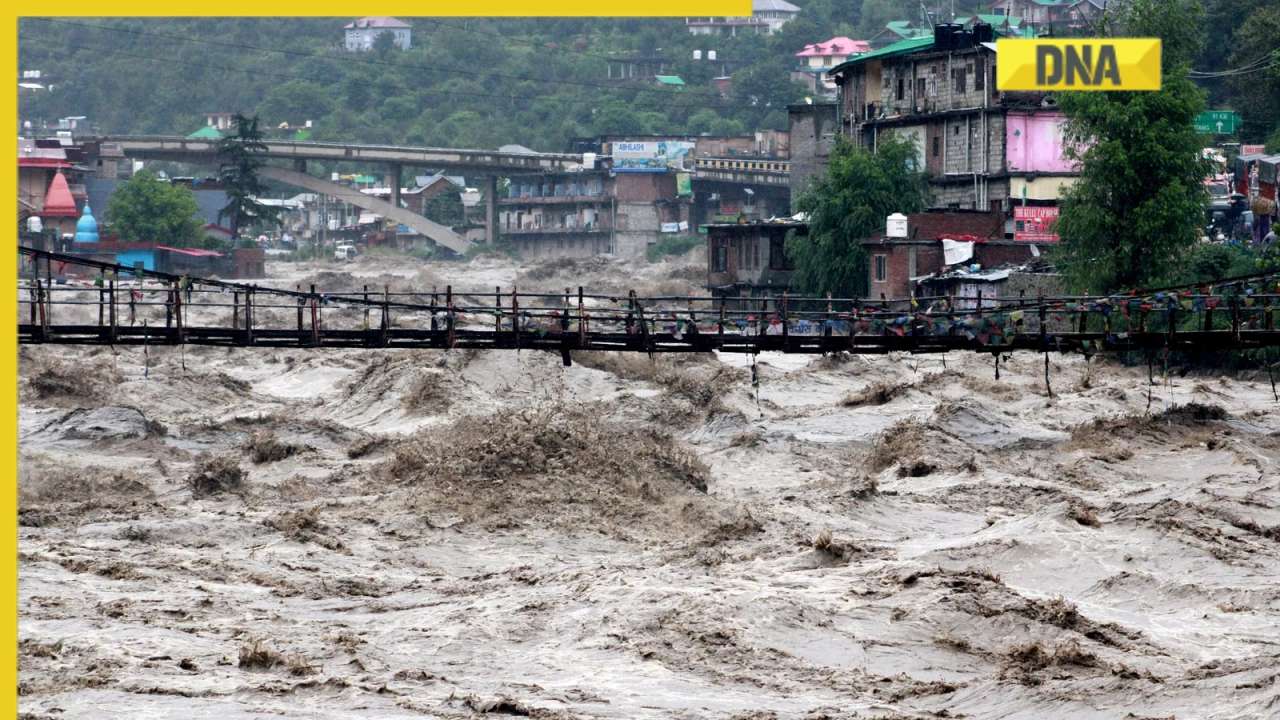
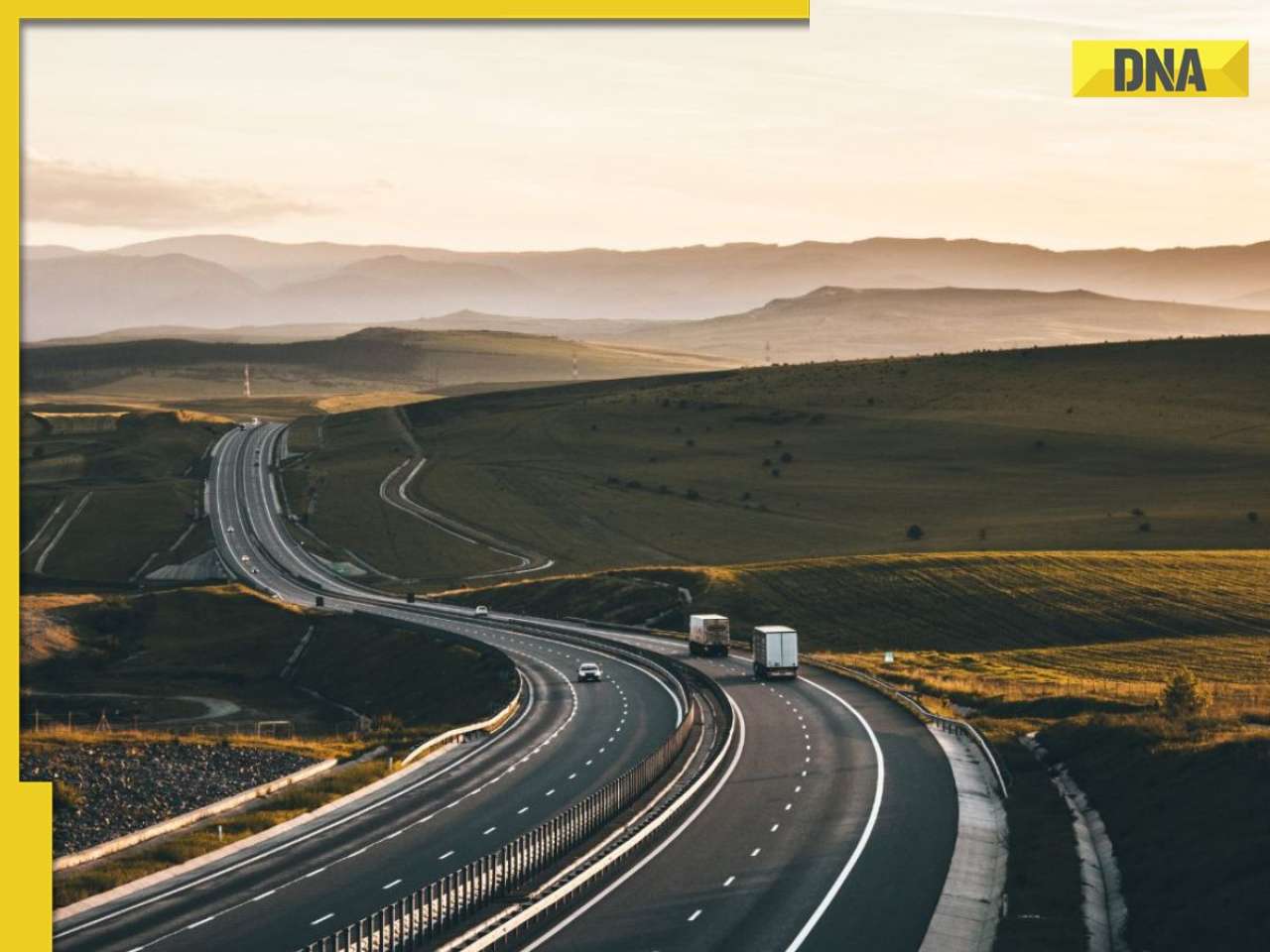
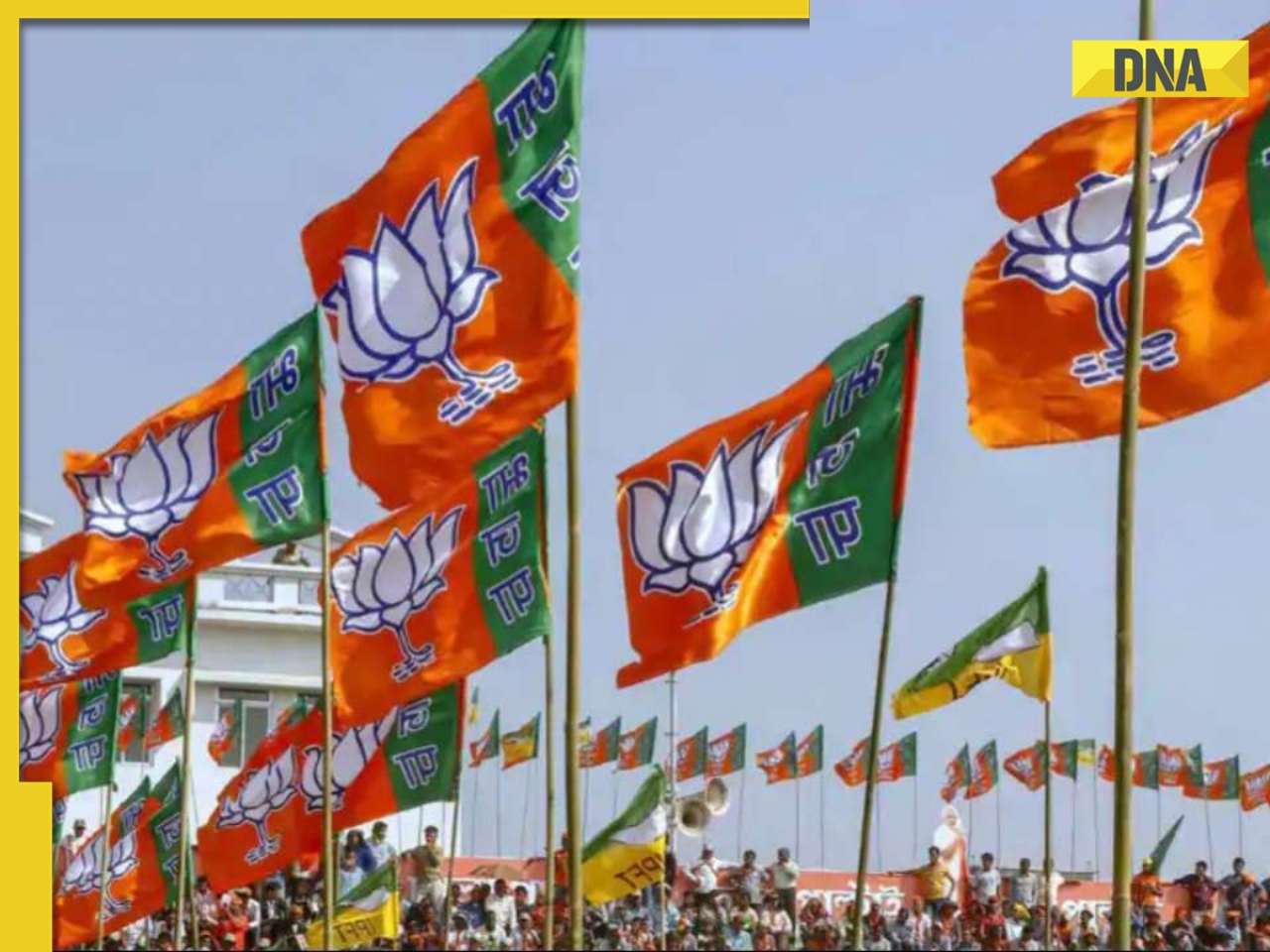
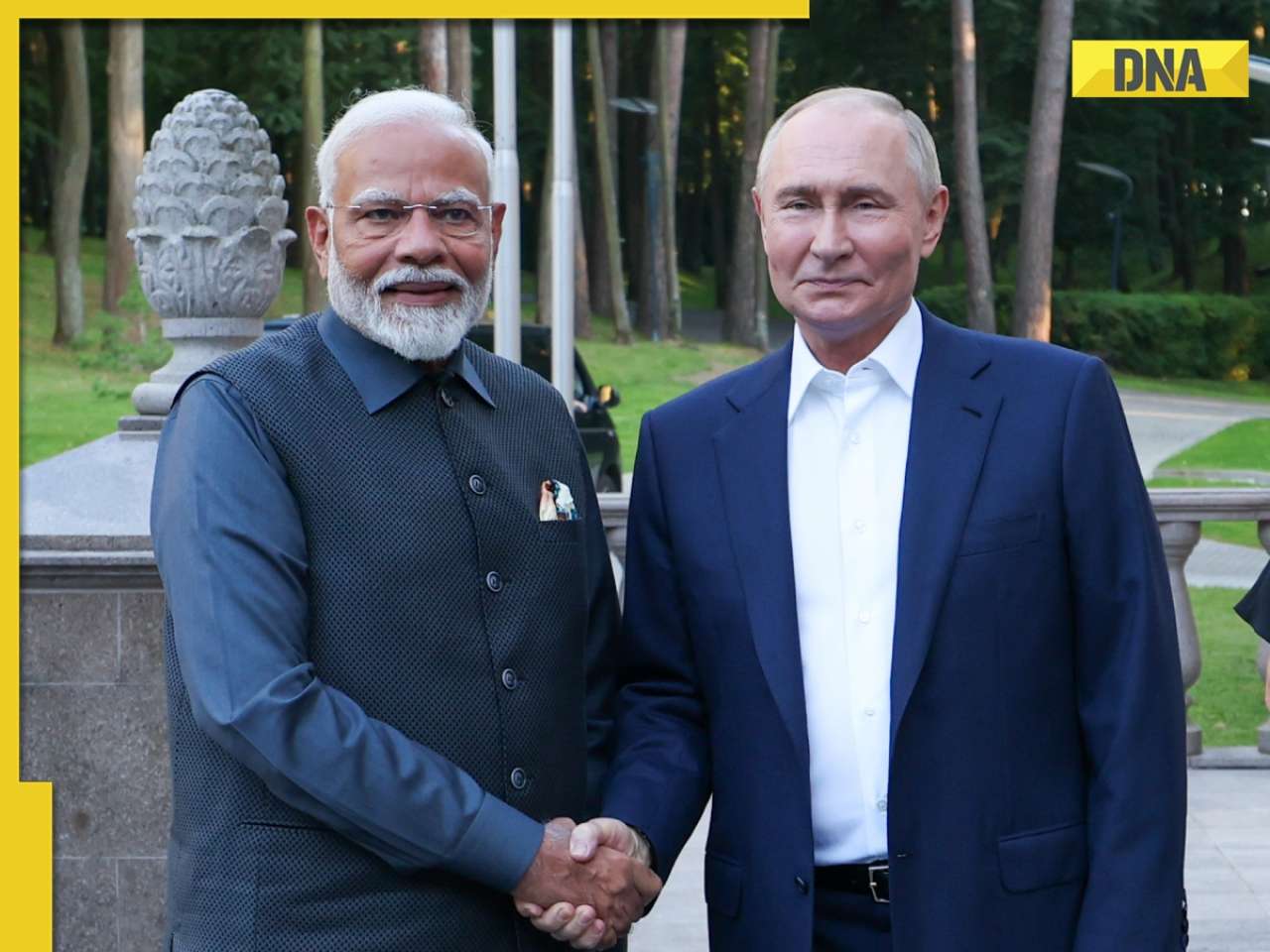
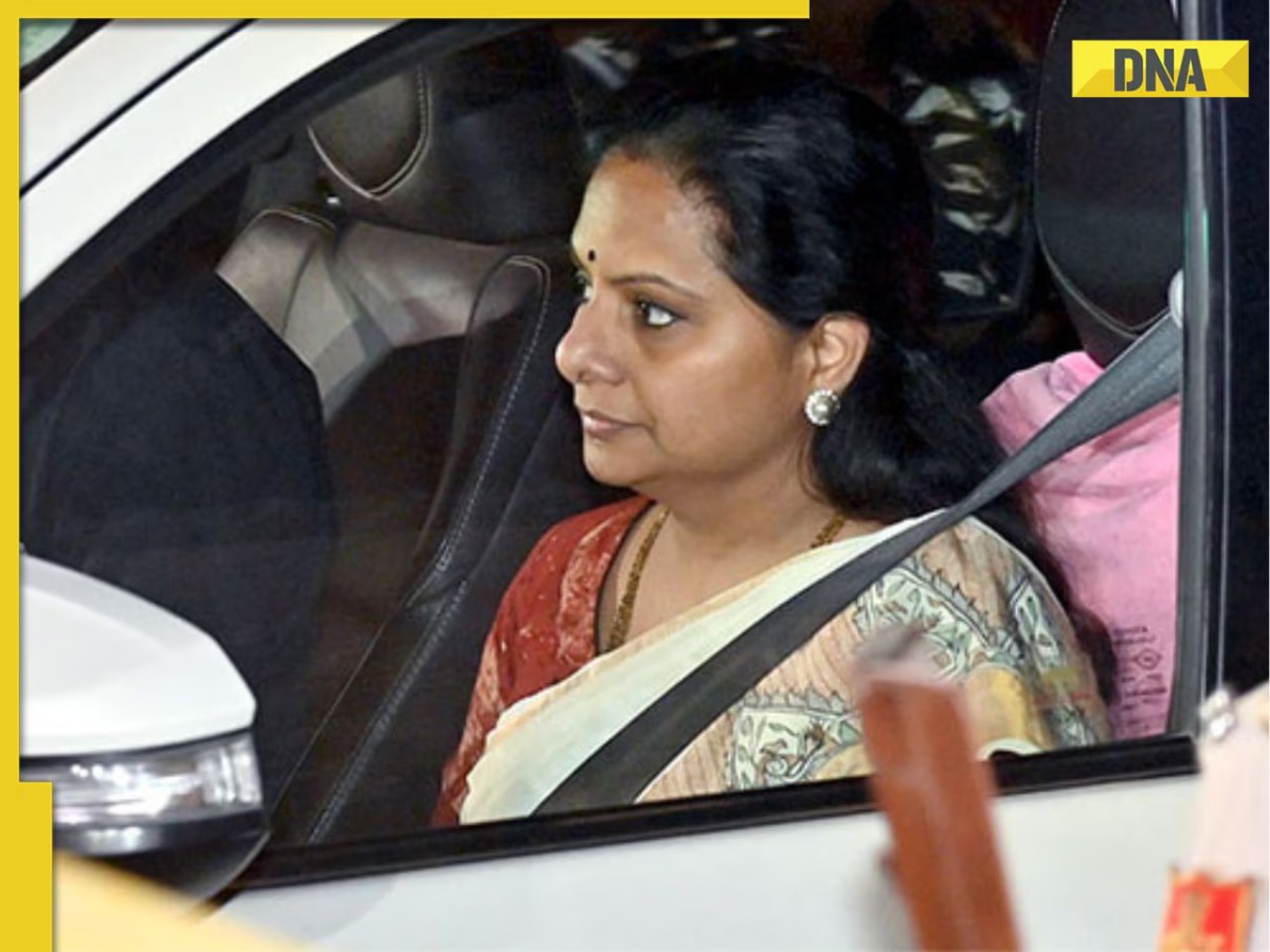
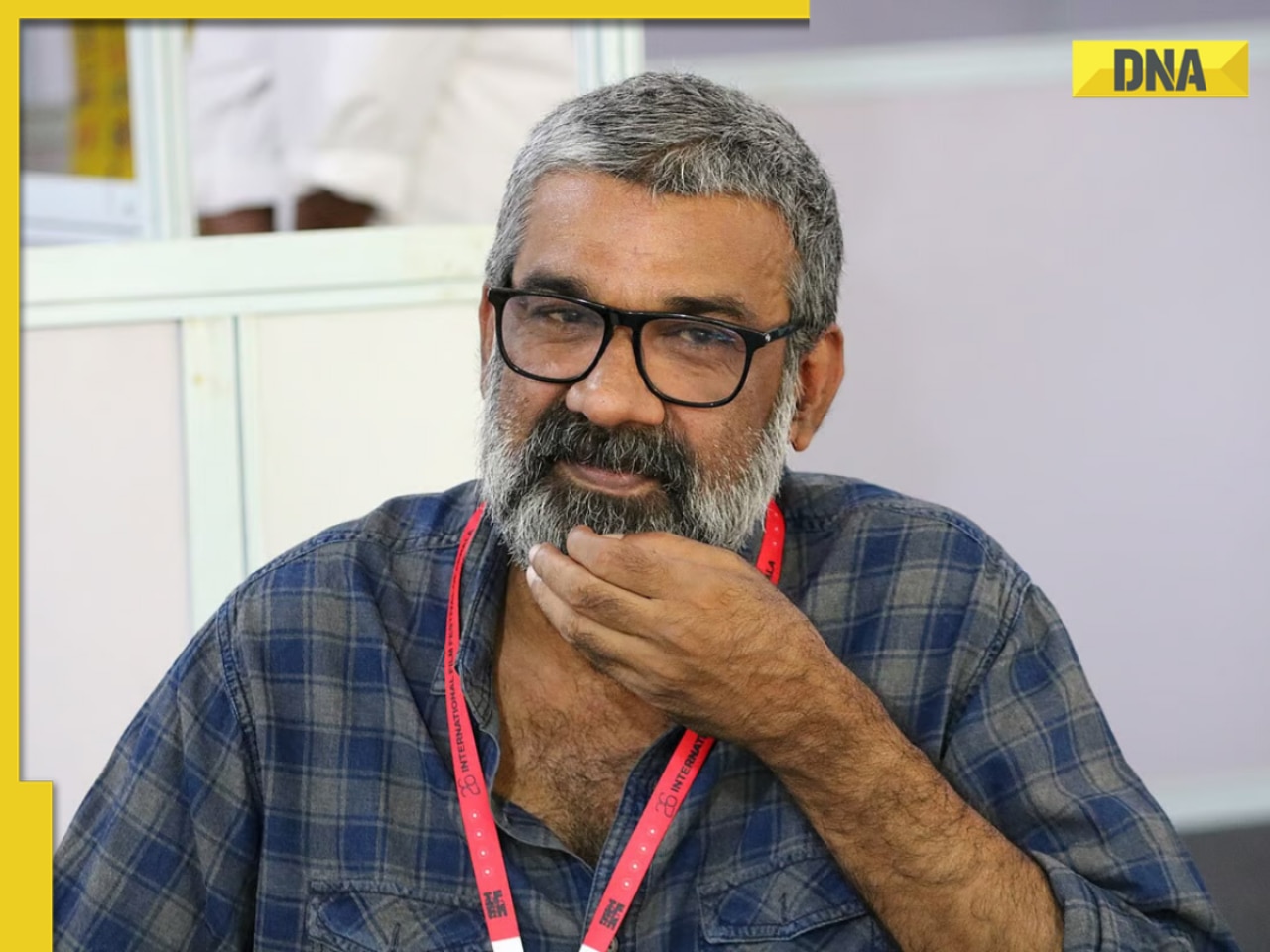
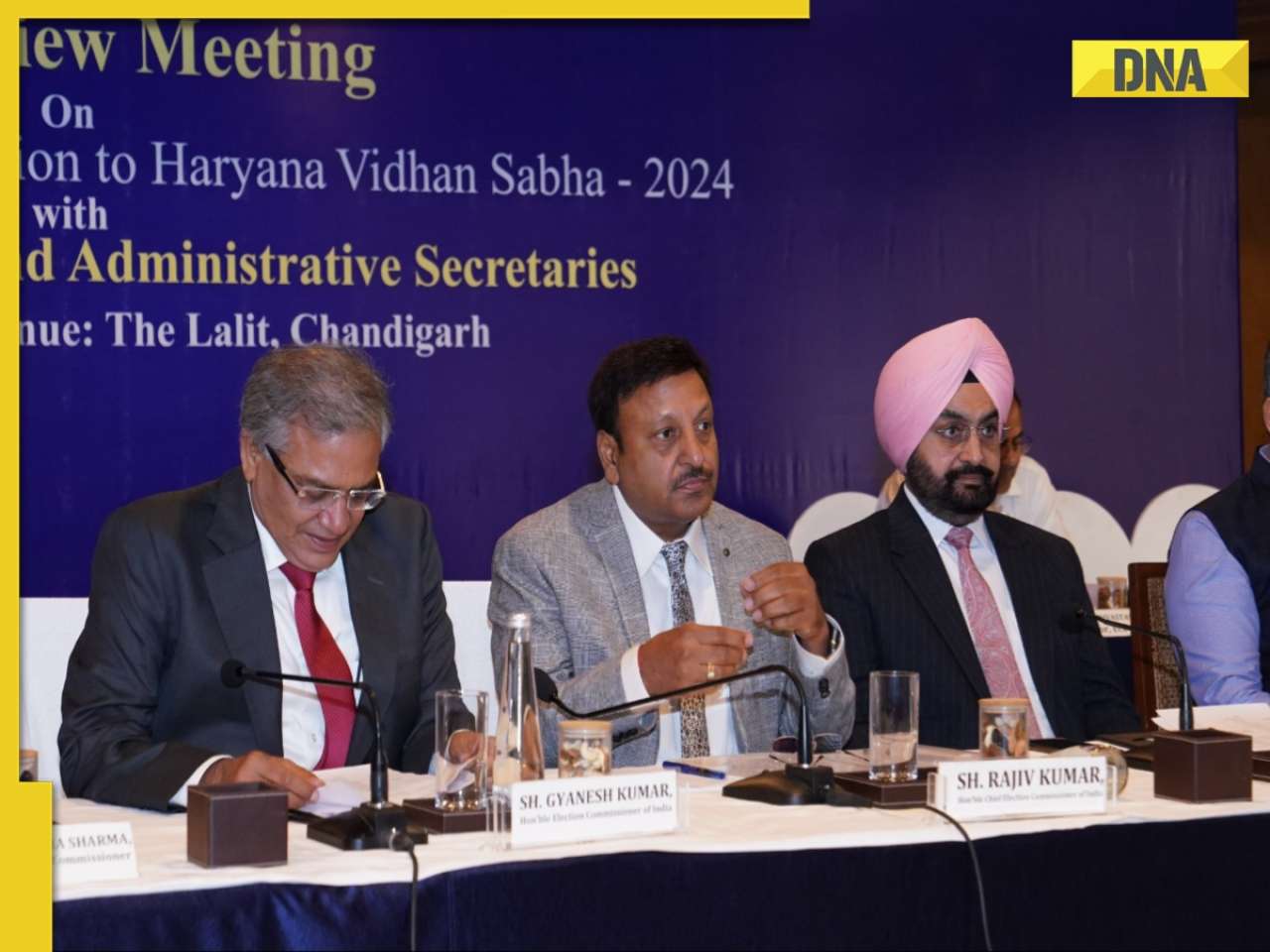
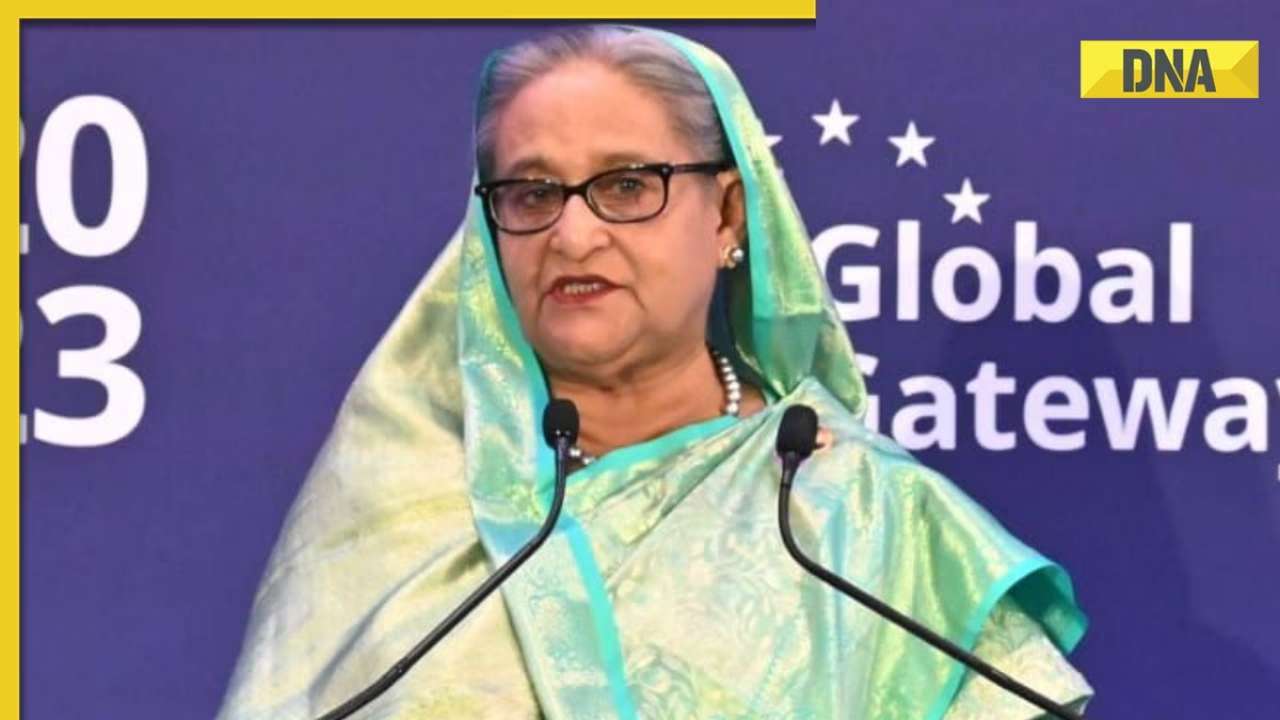
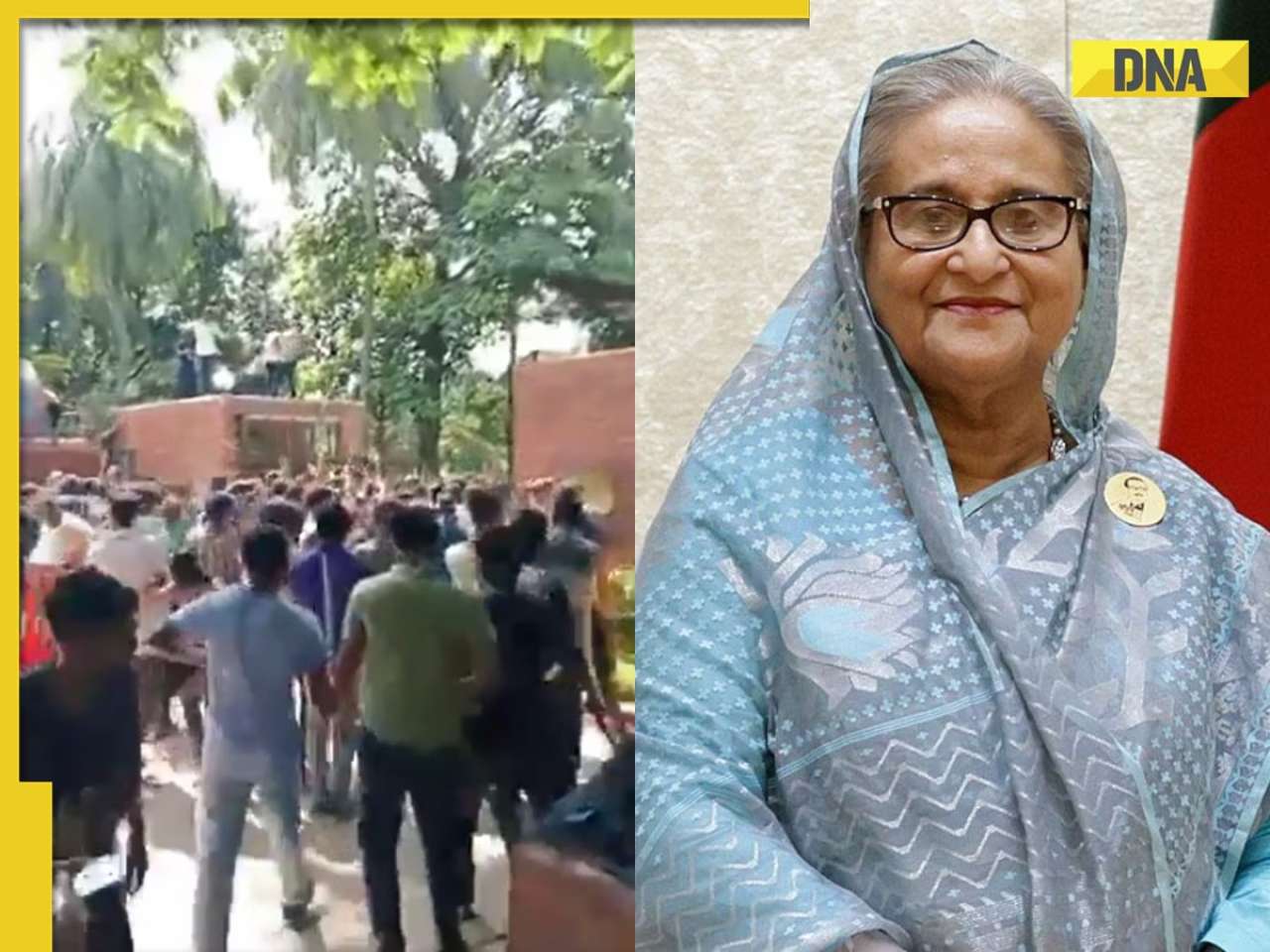
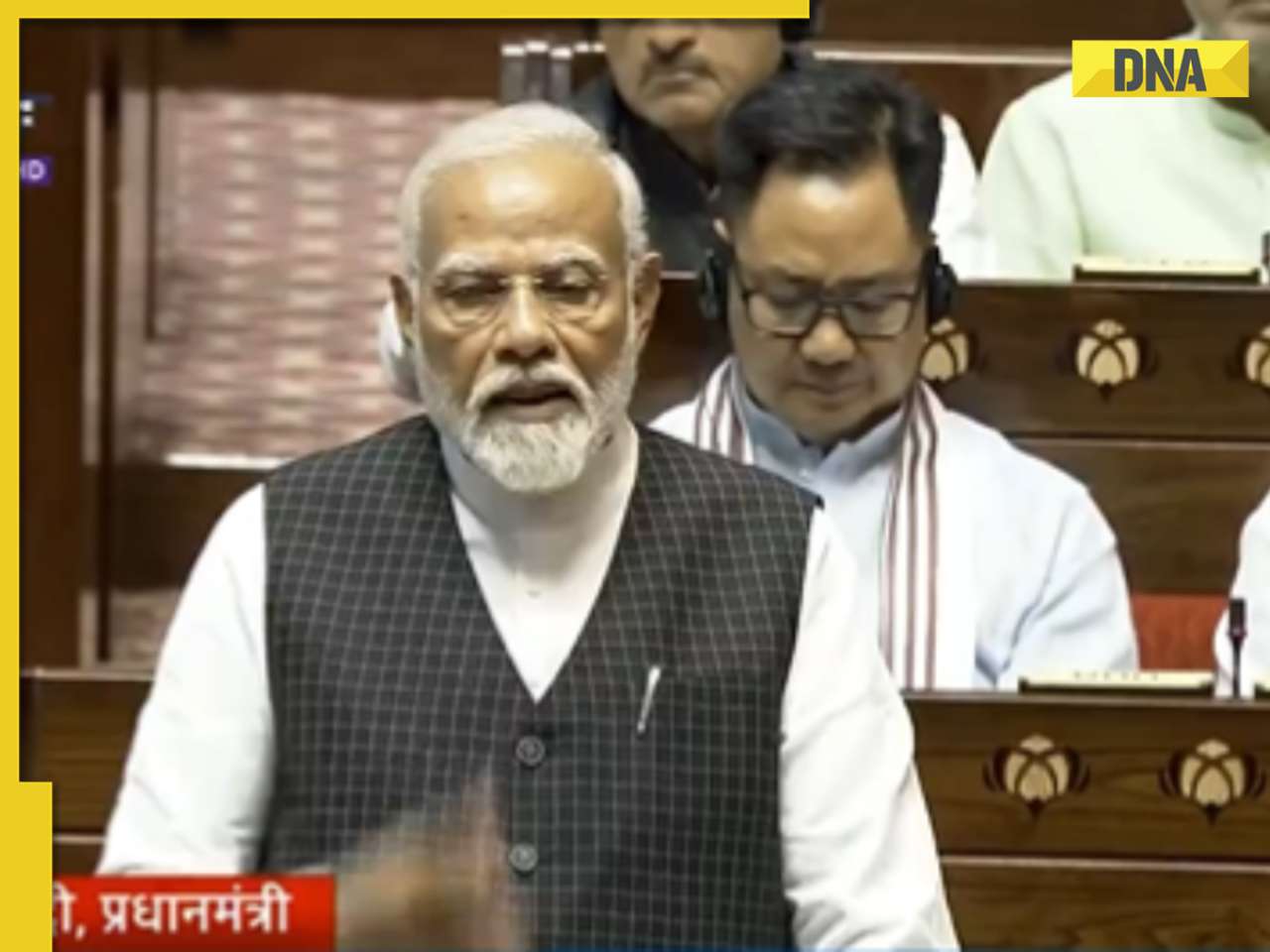

)
)
)
)
)
)
)
)
)
)
)
)
)
)
)





)
)
)
)
)
)